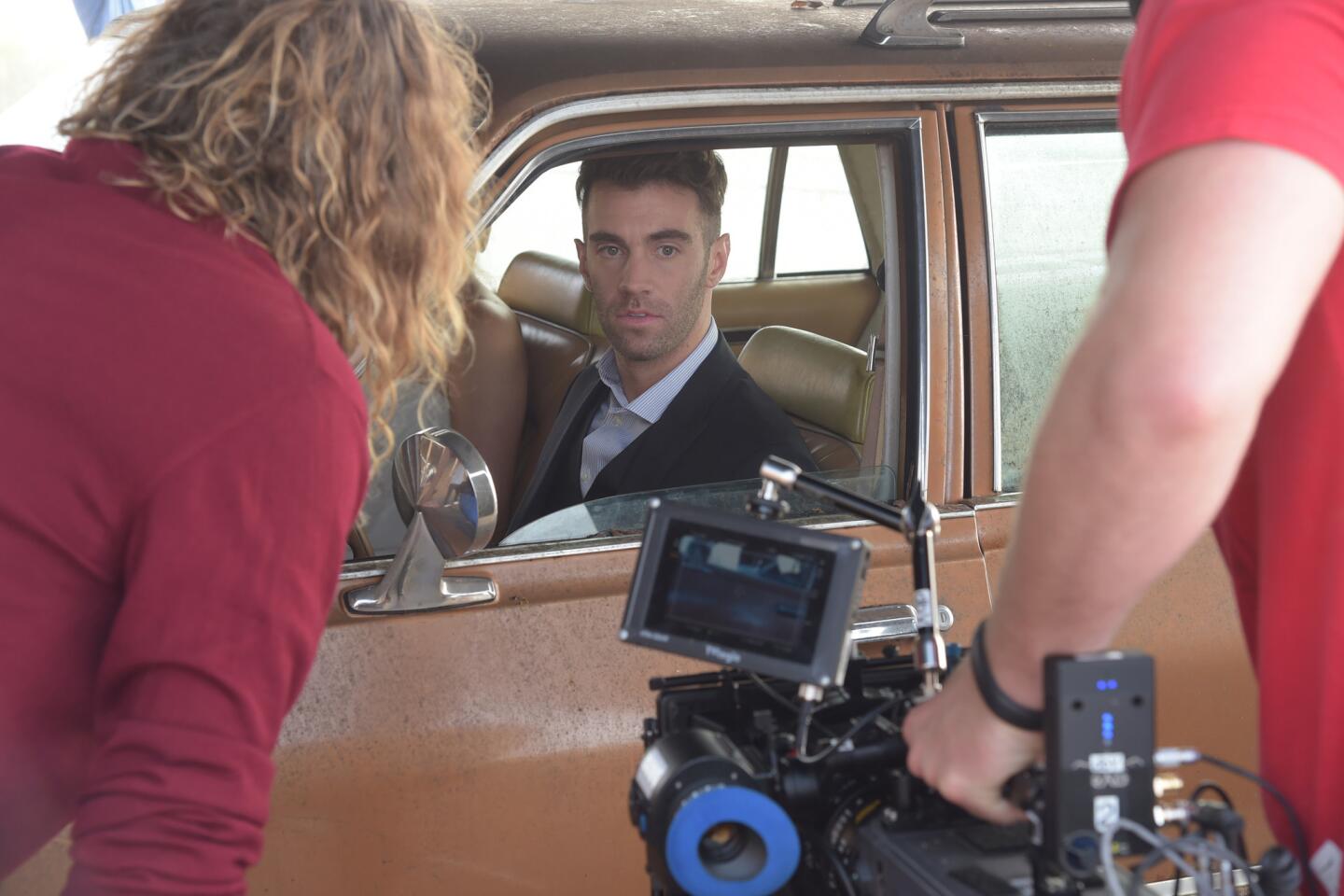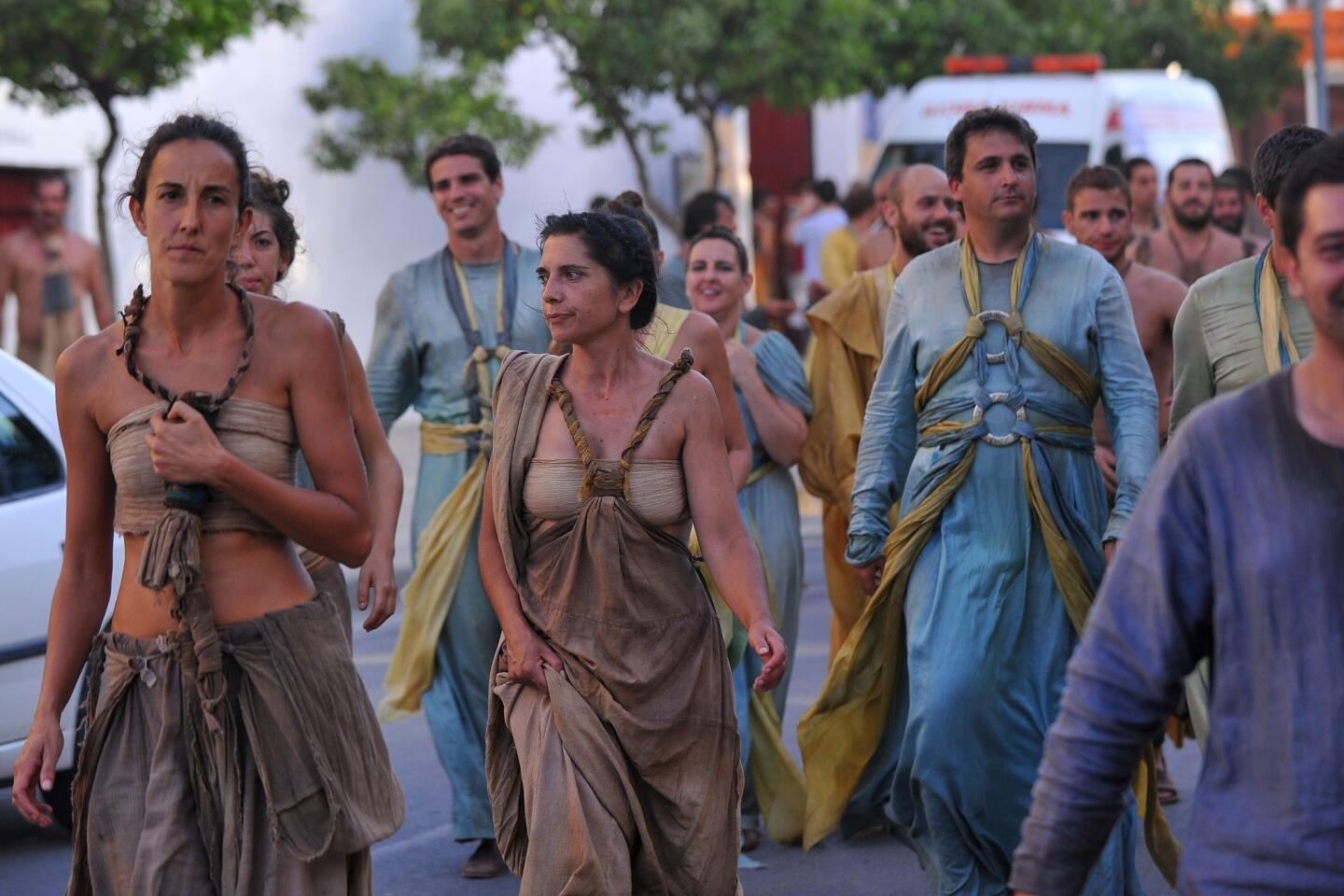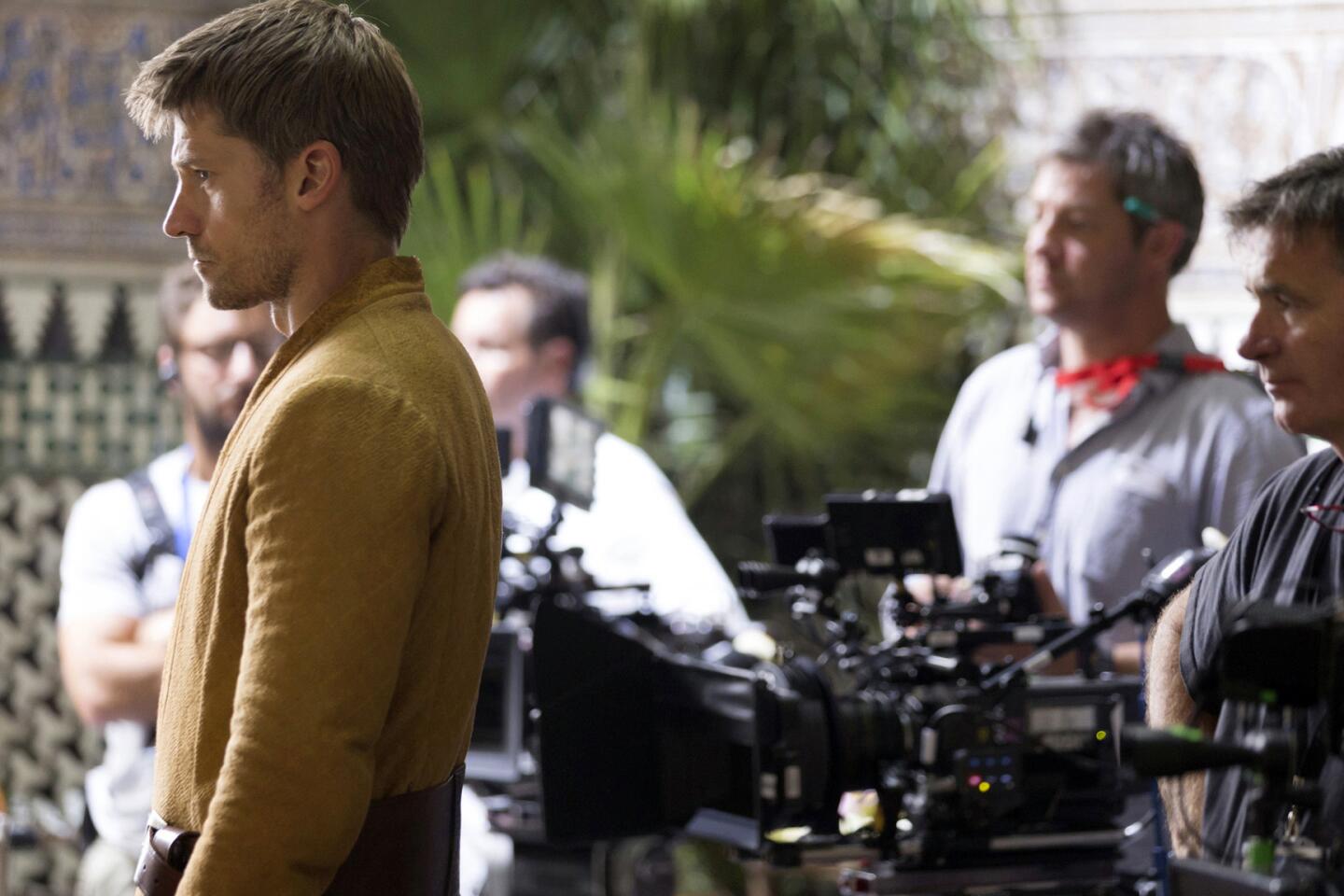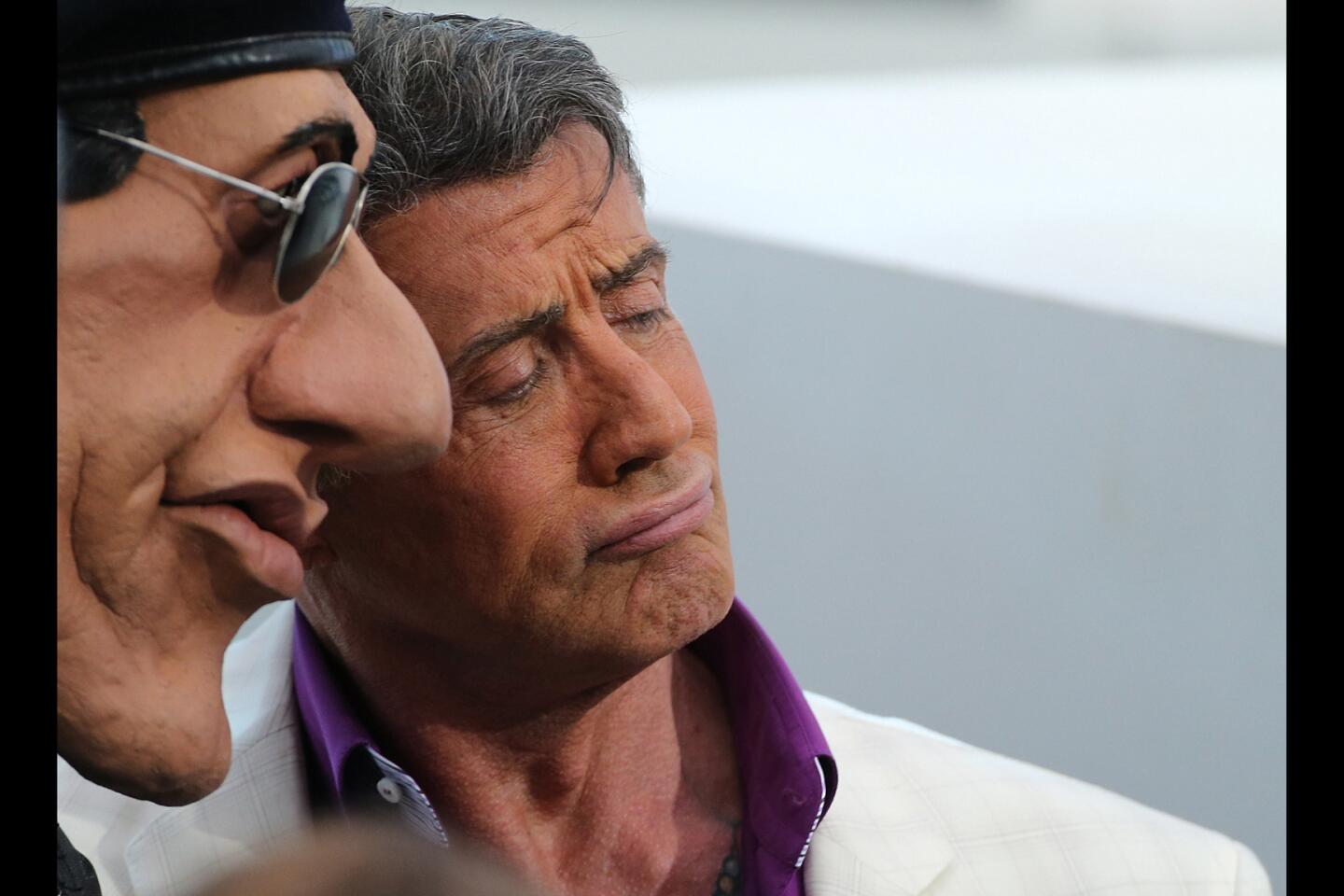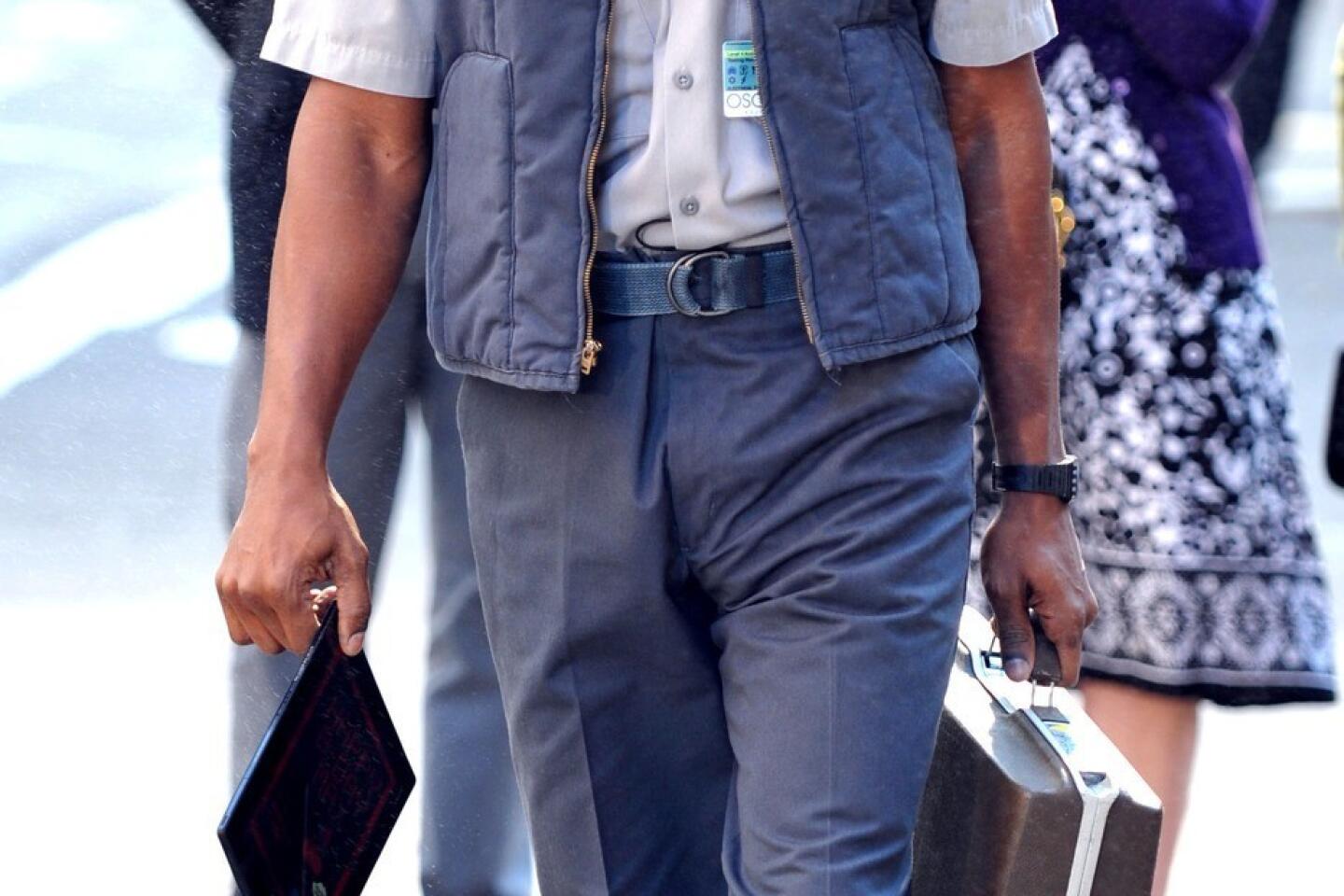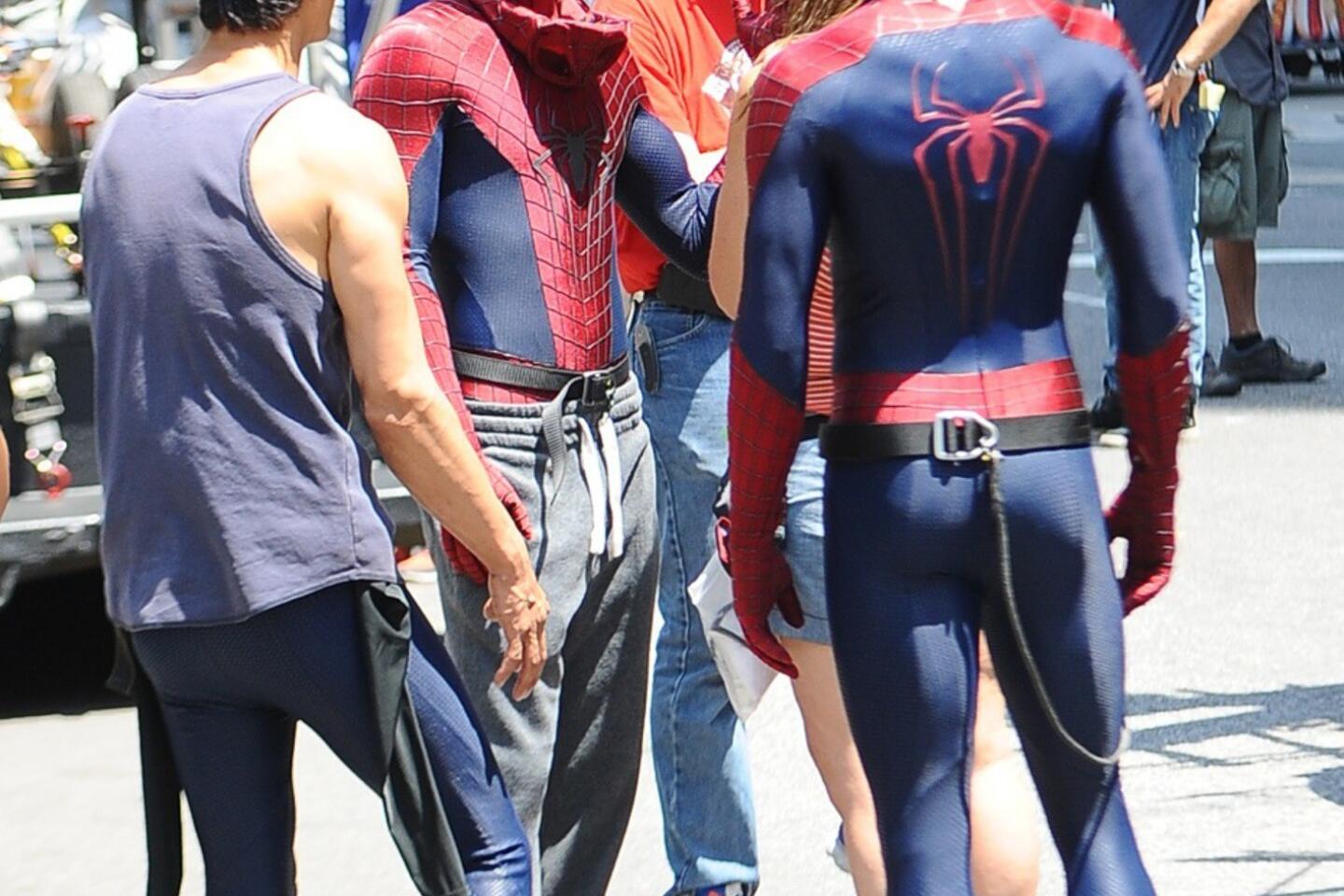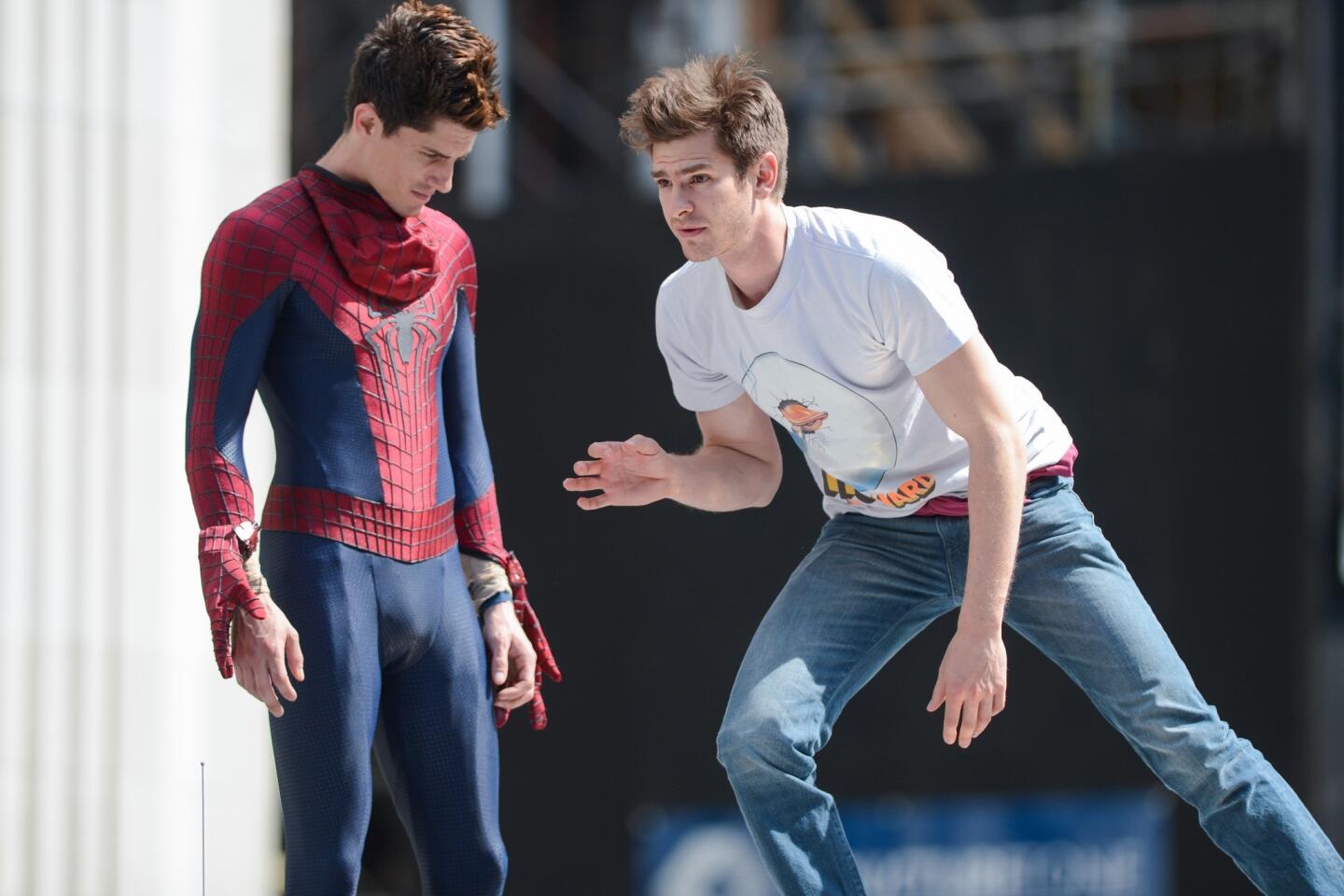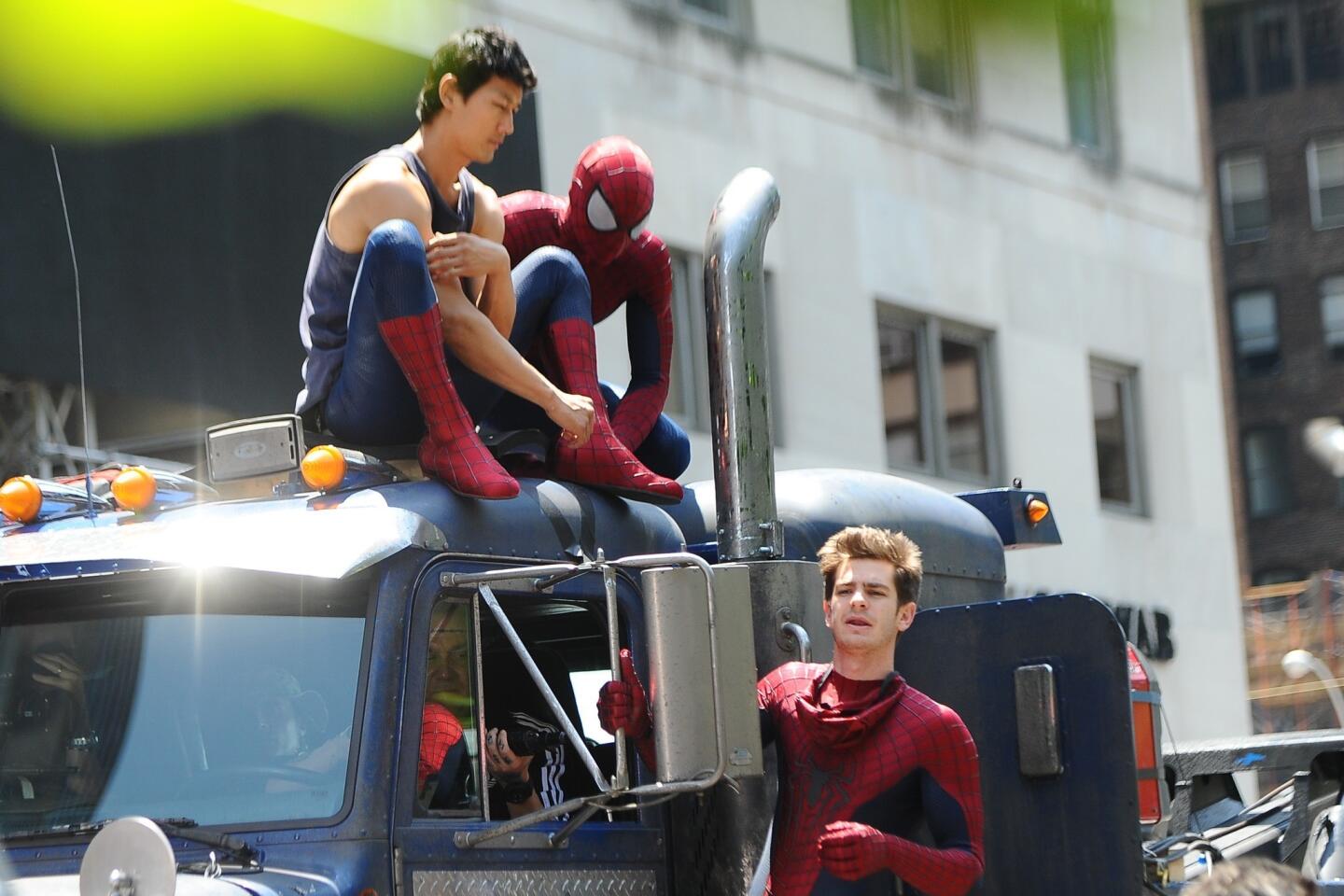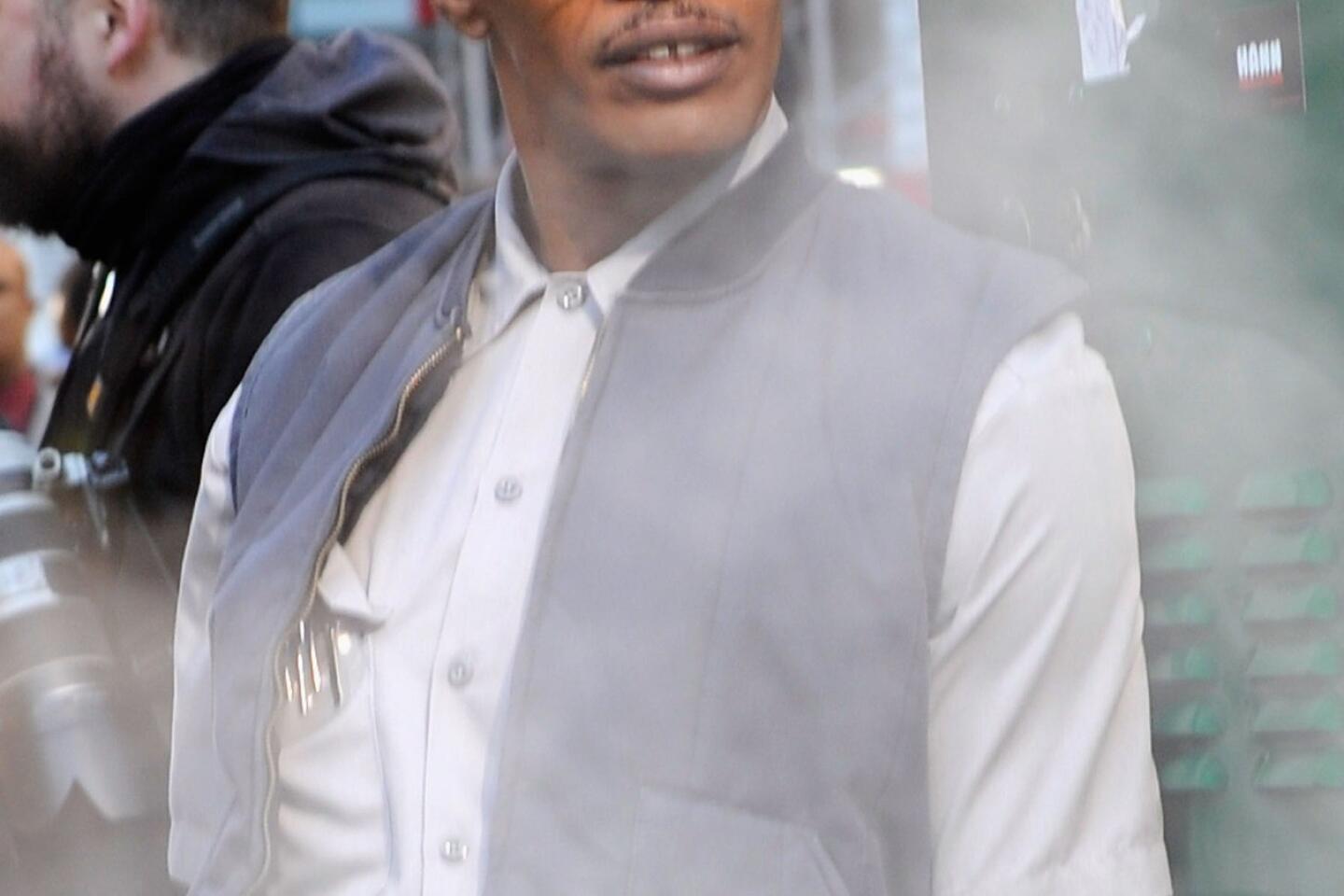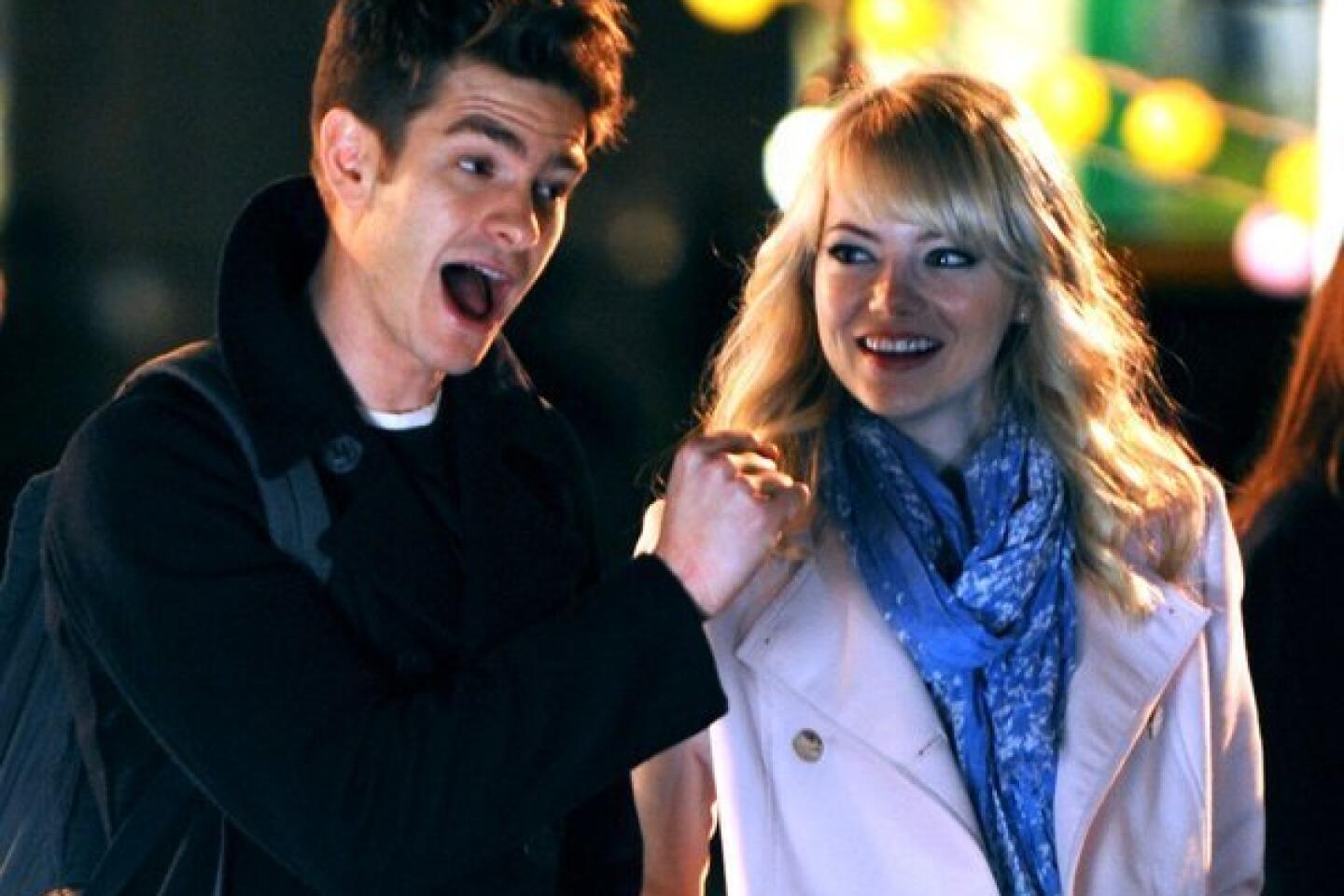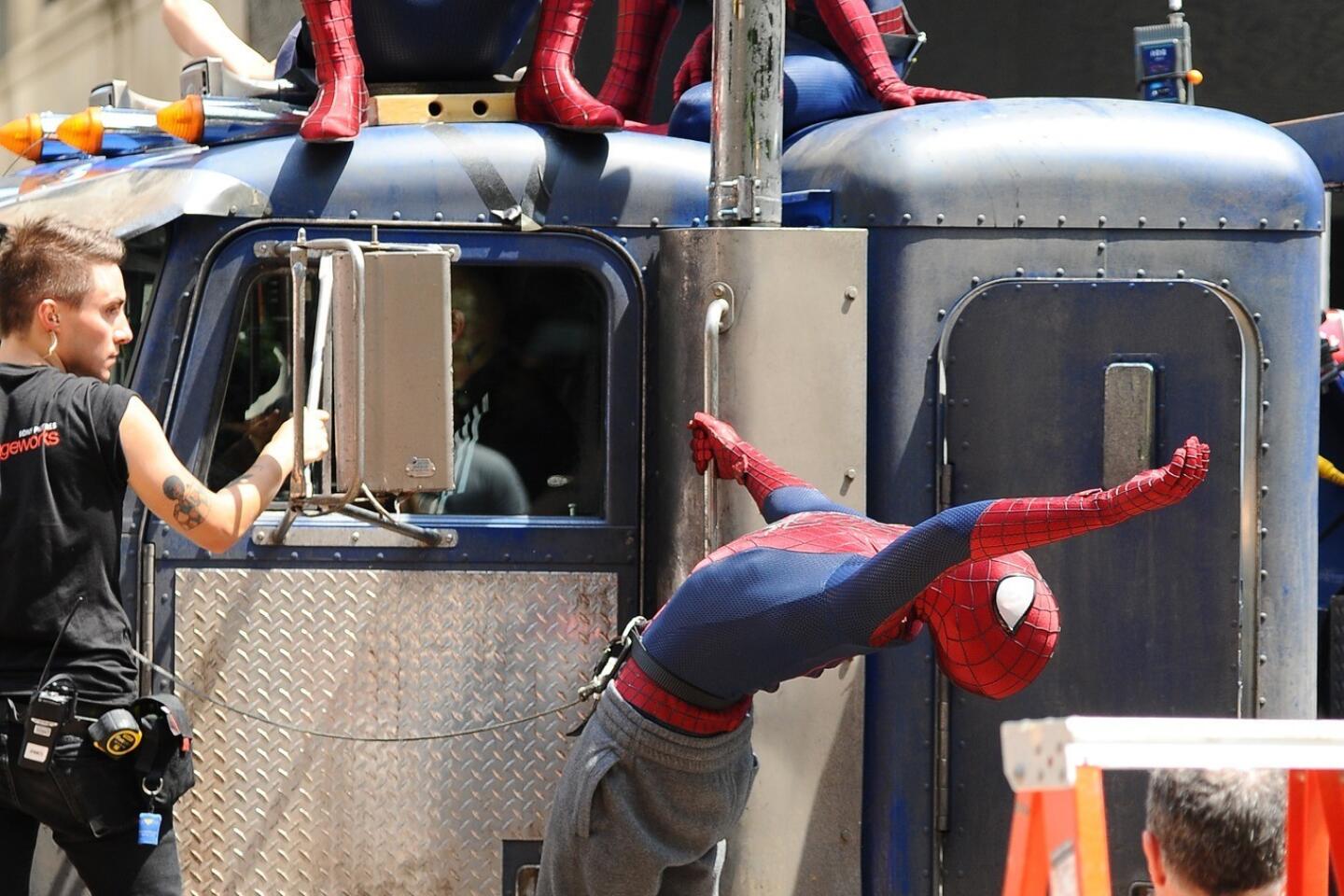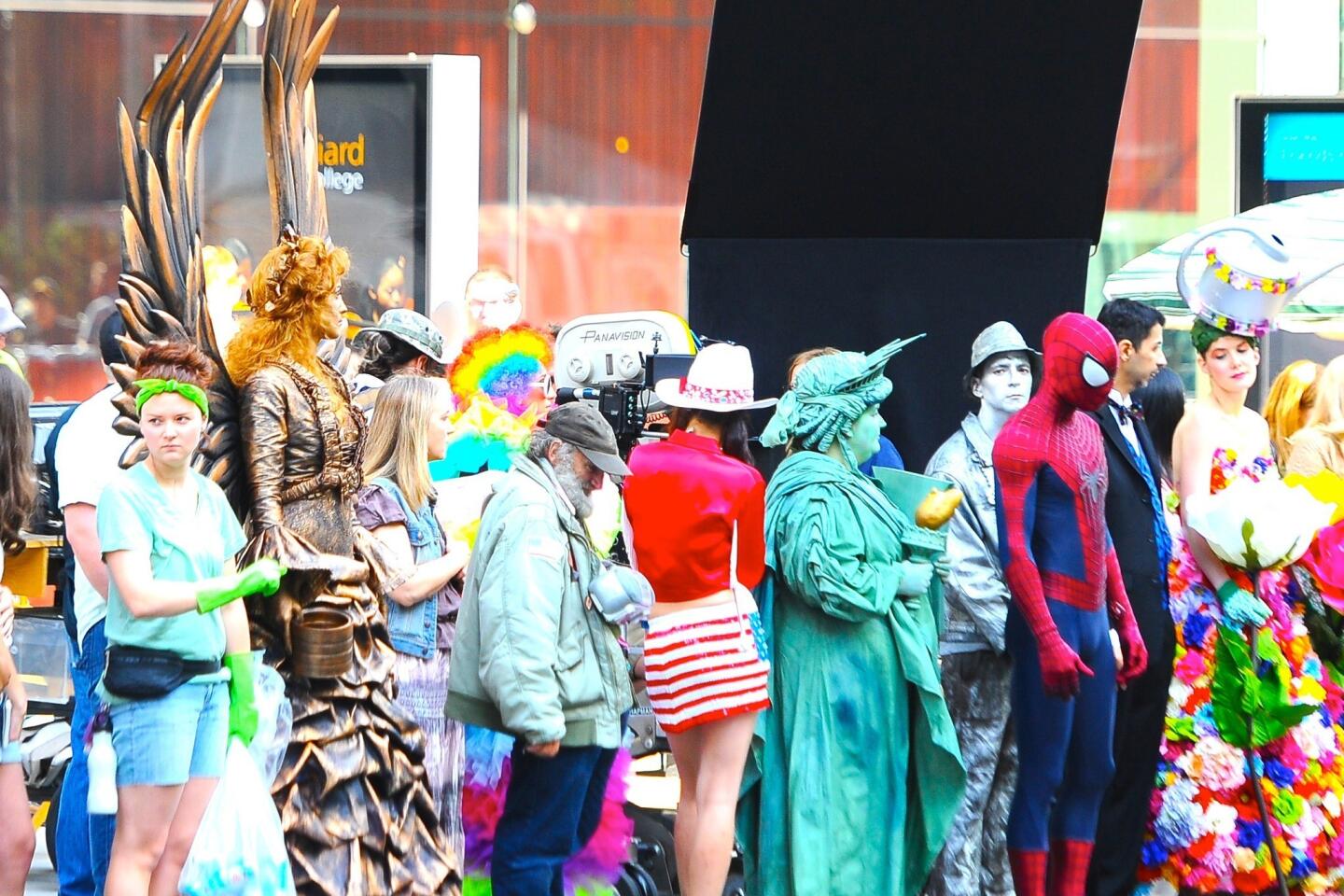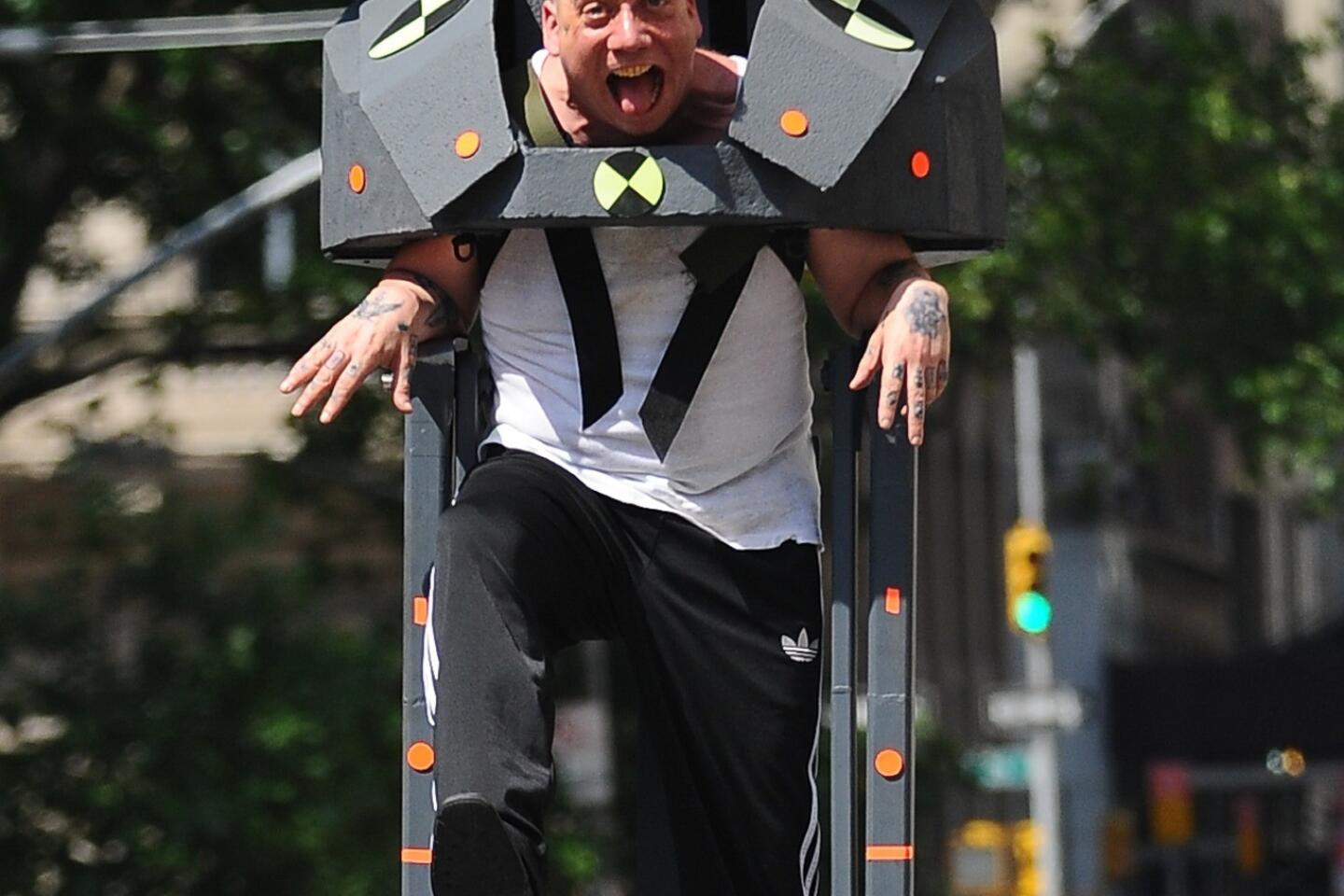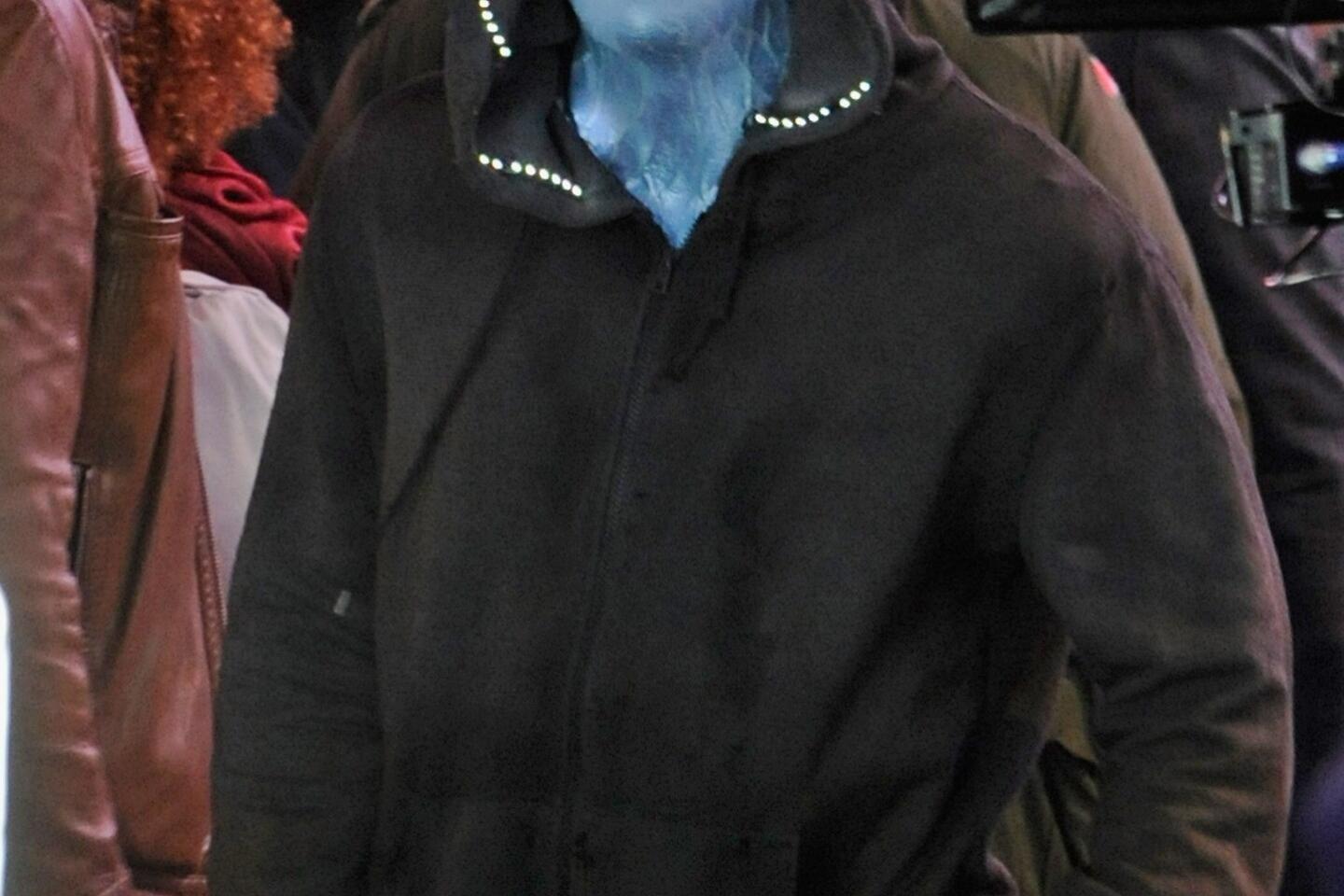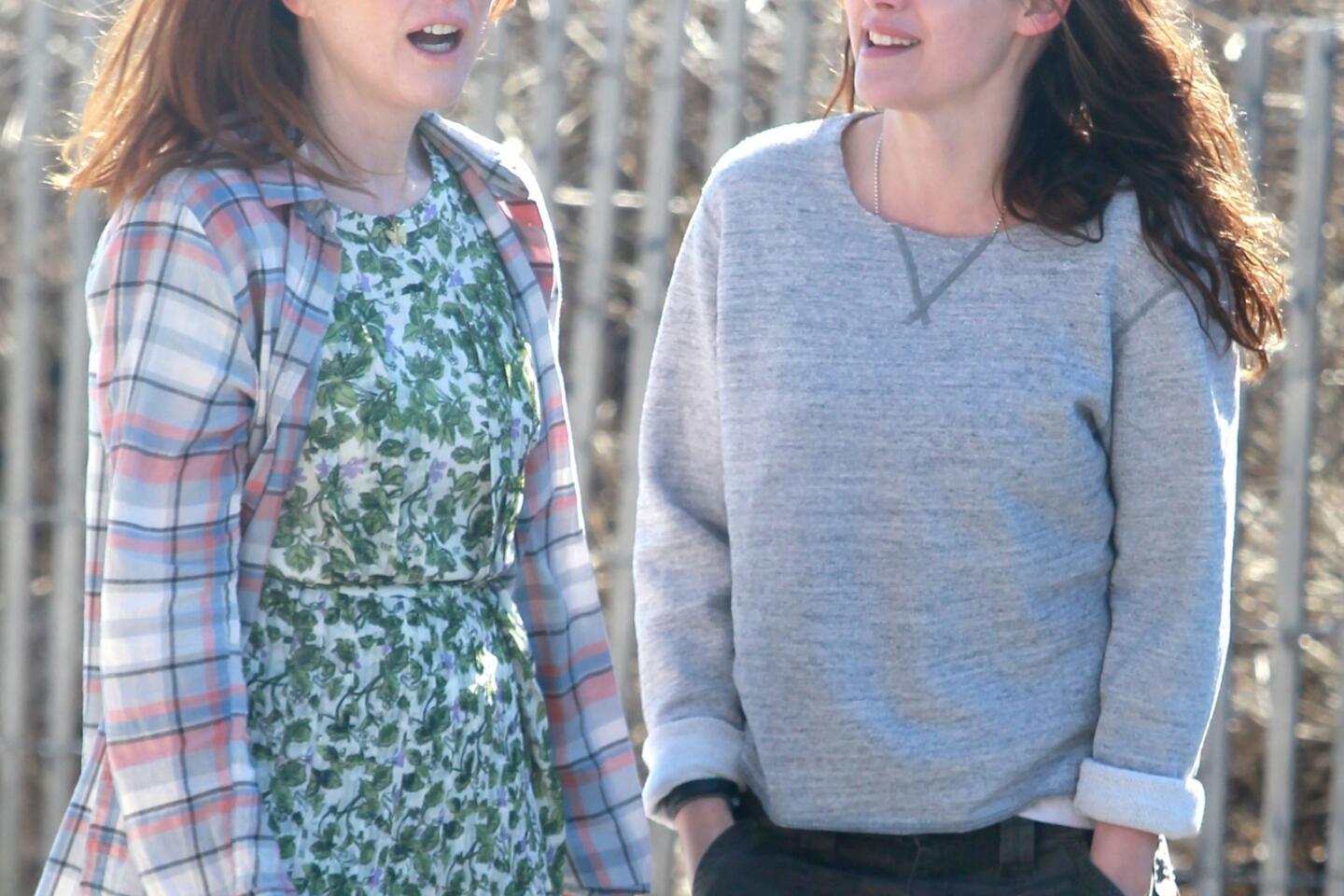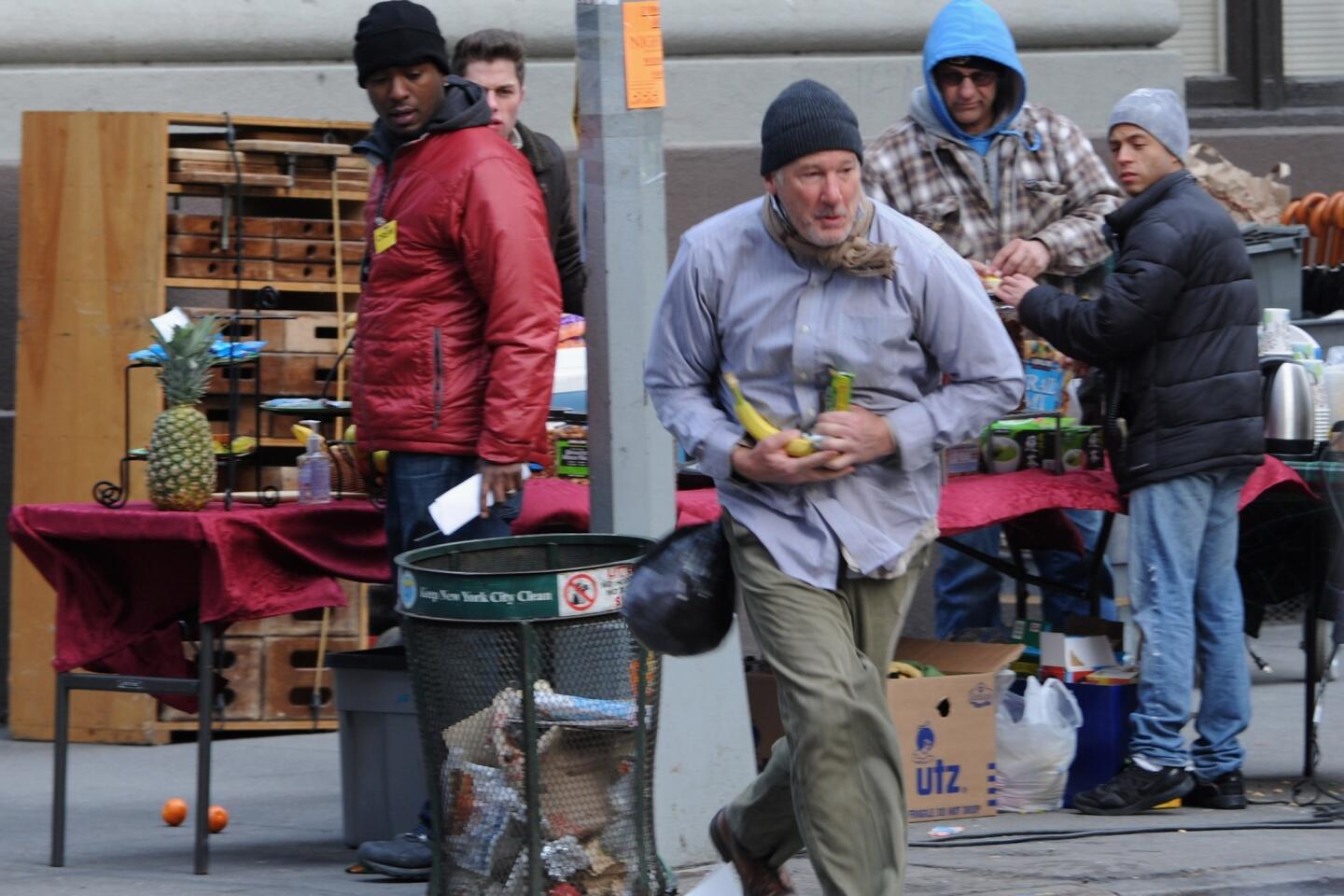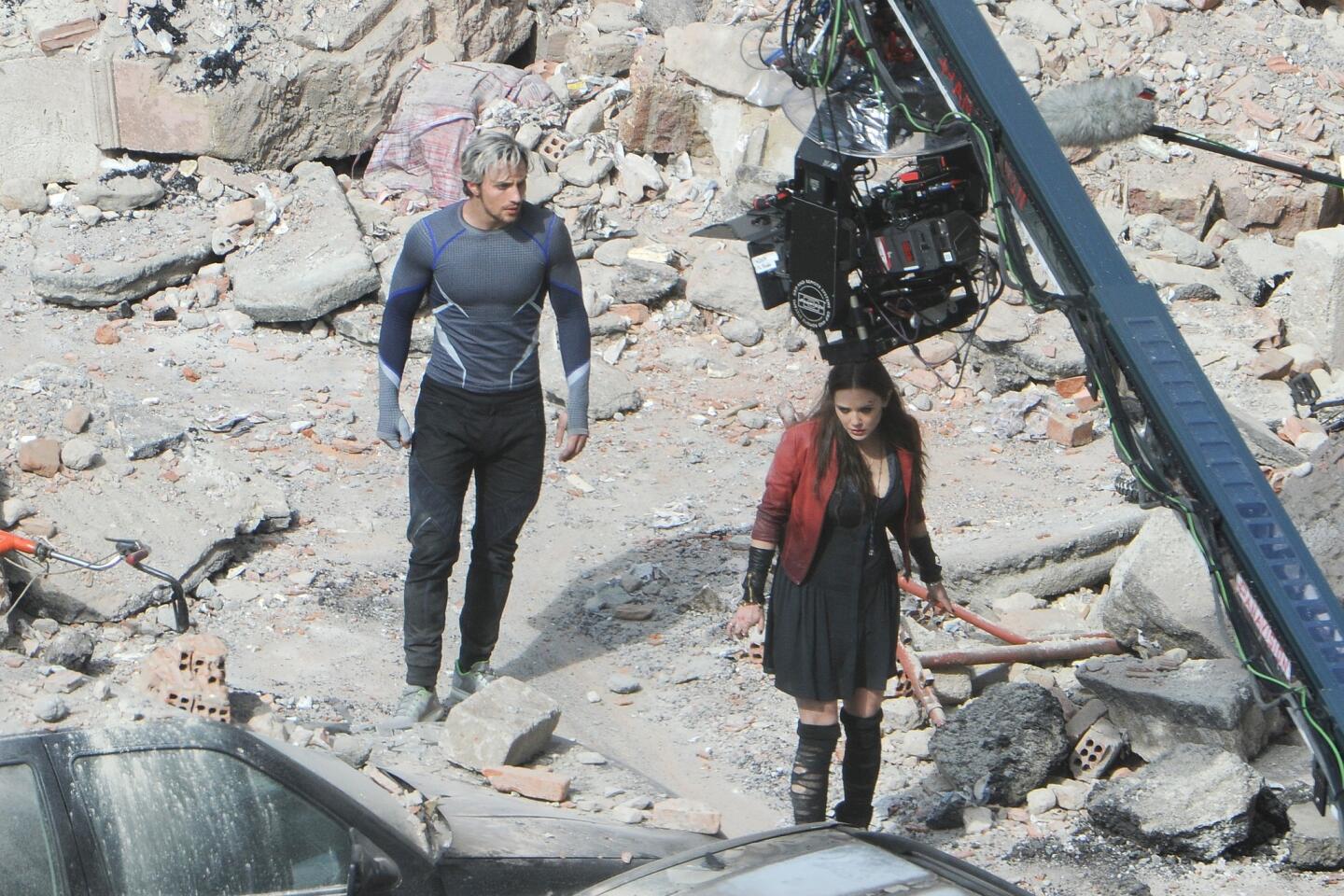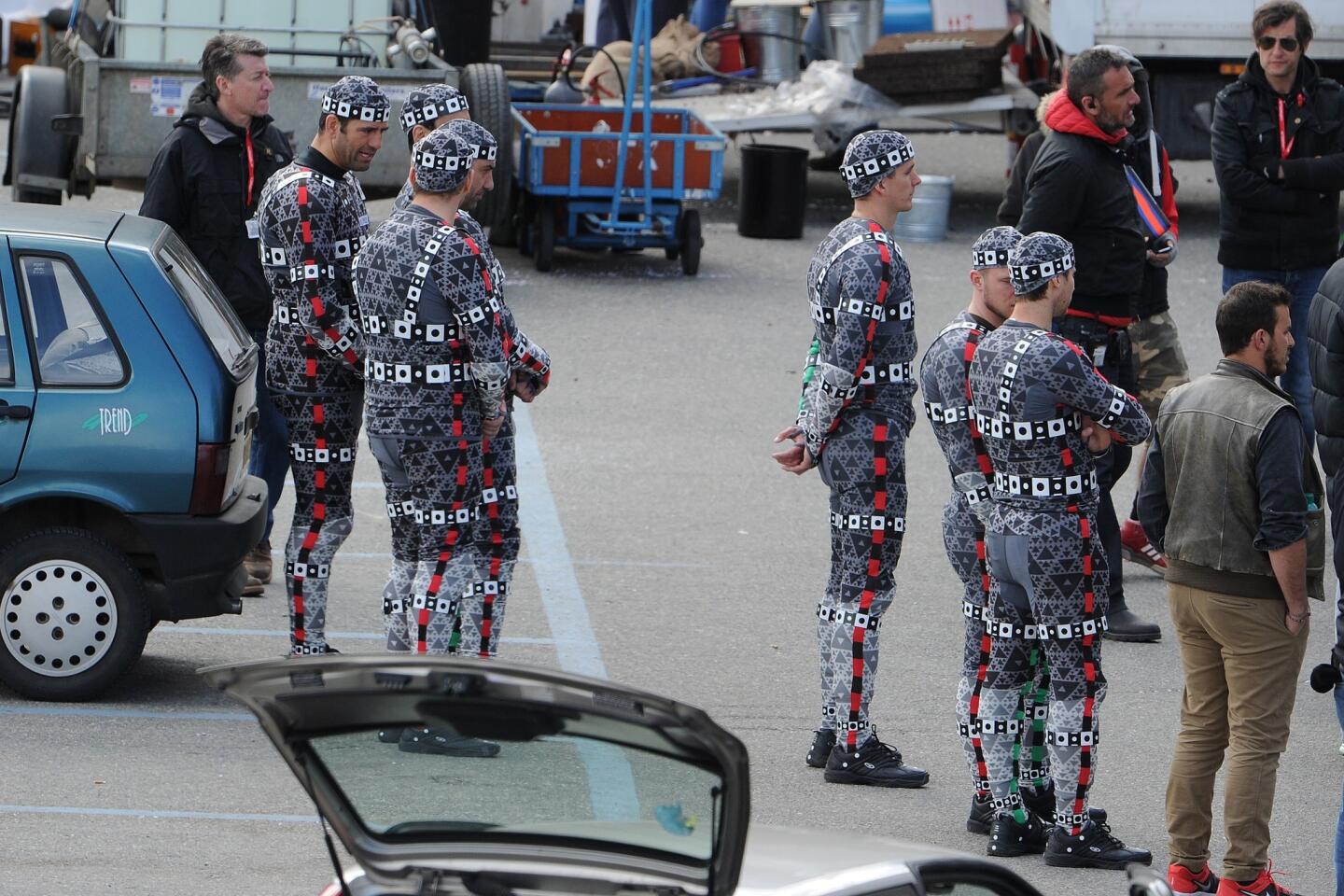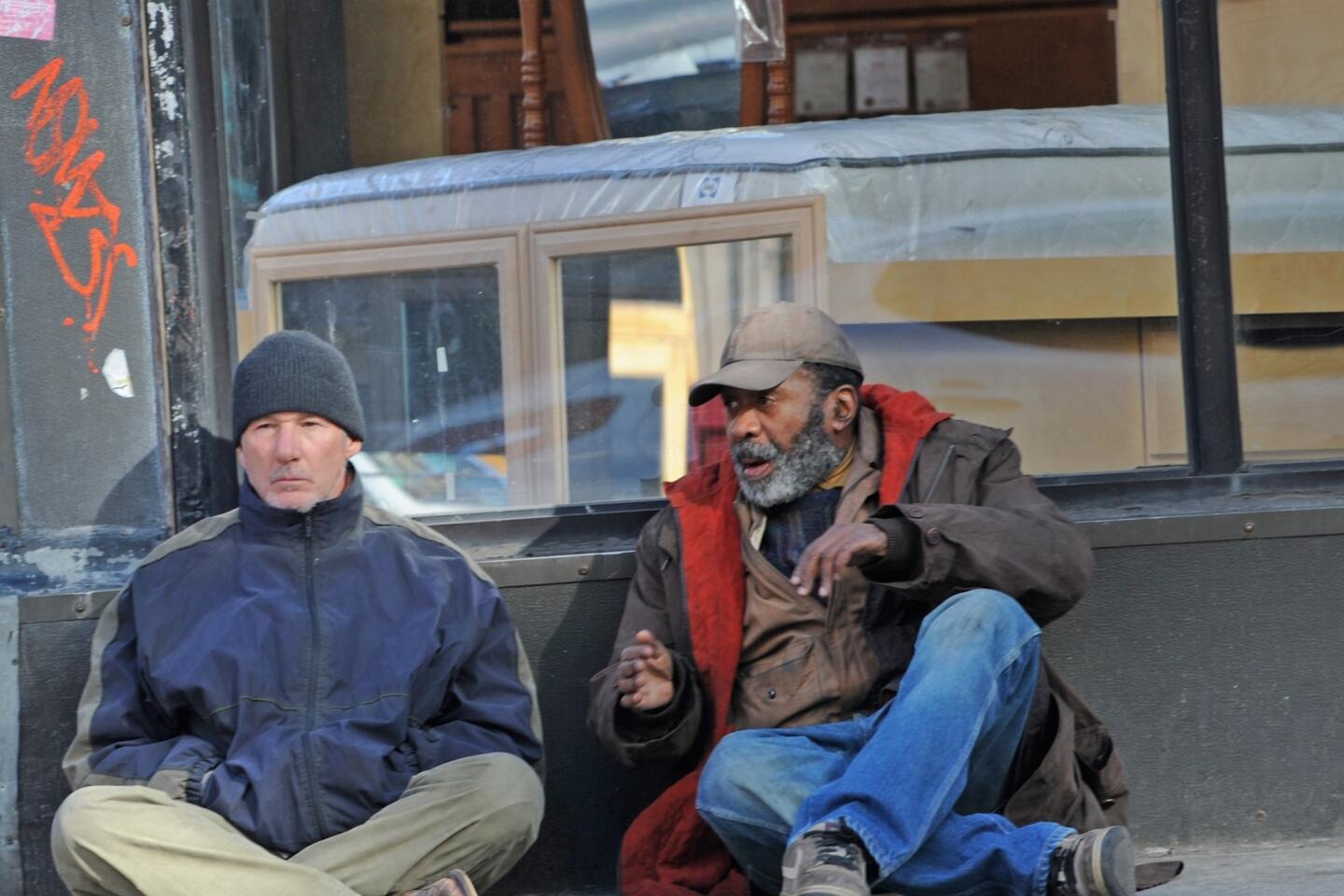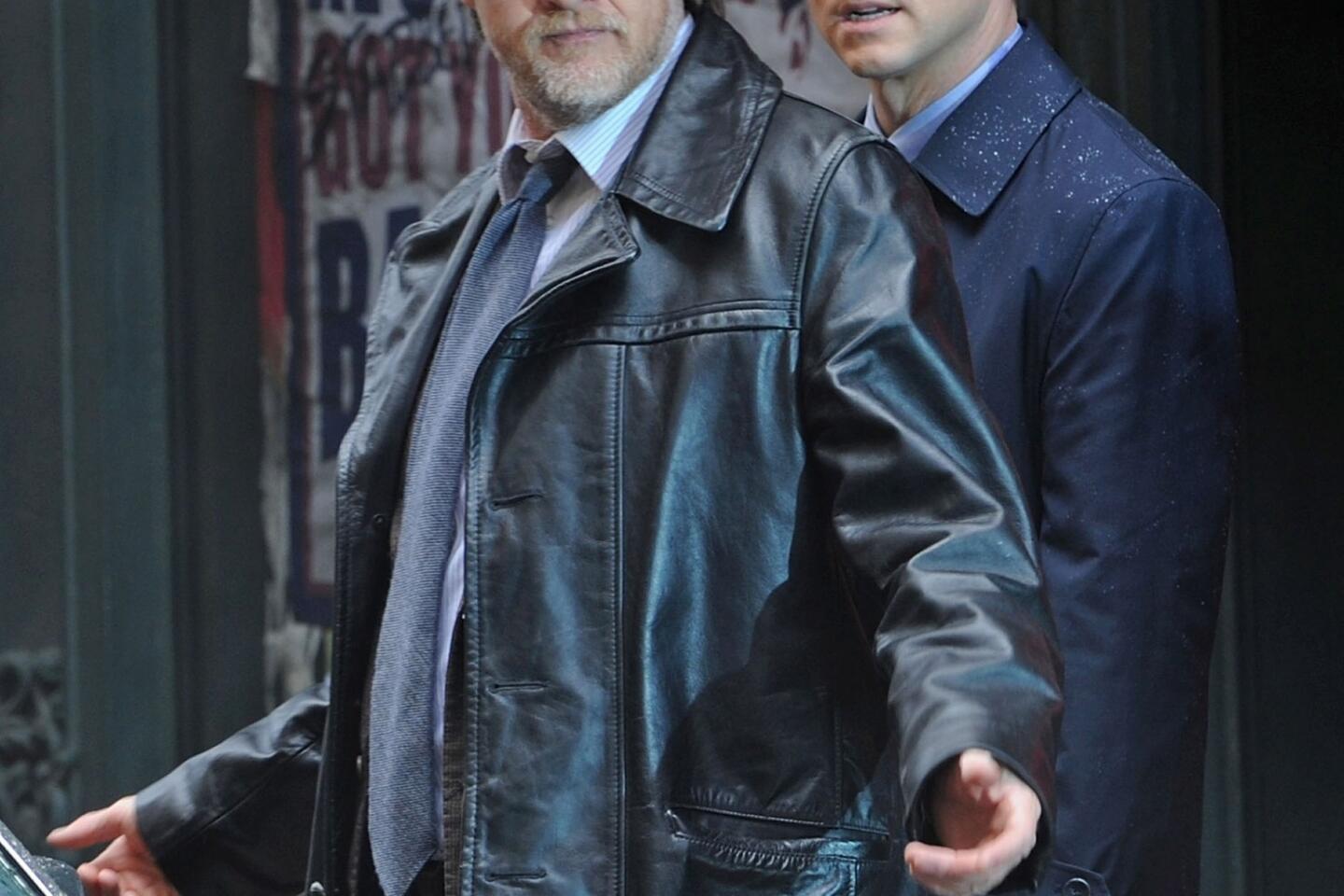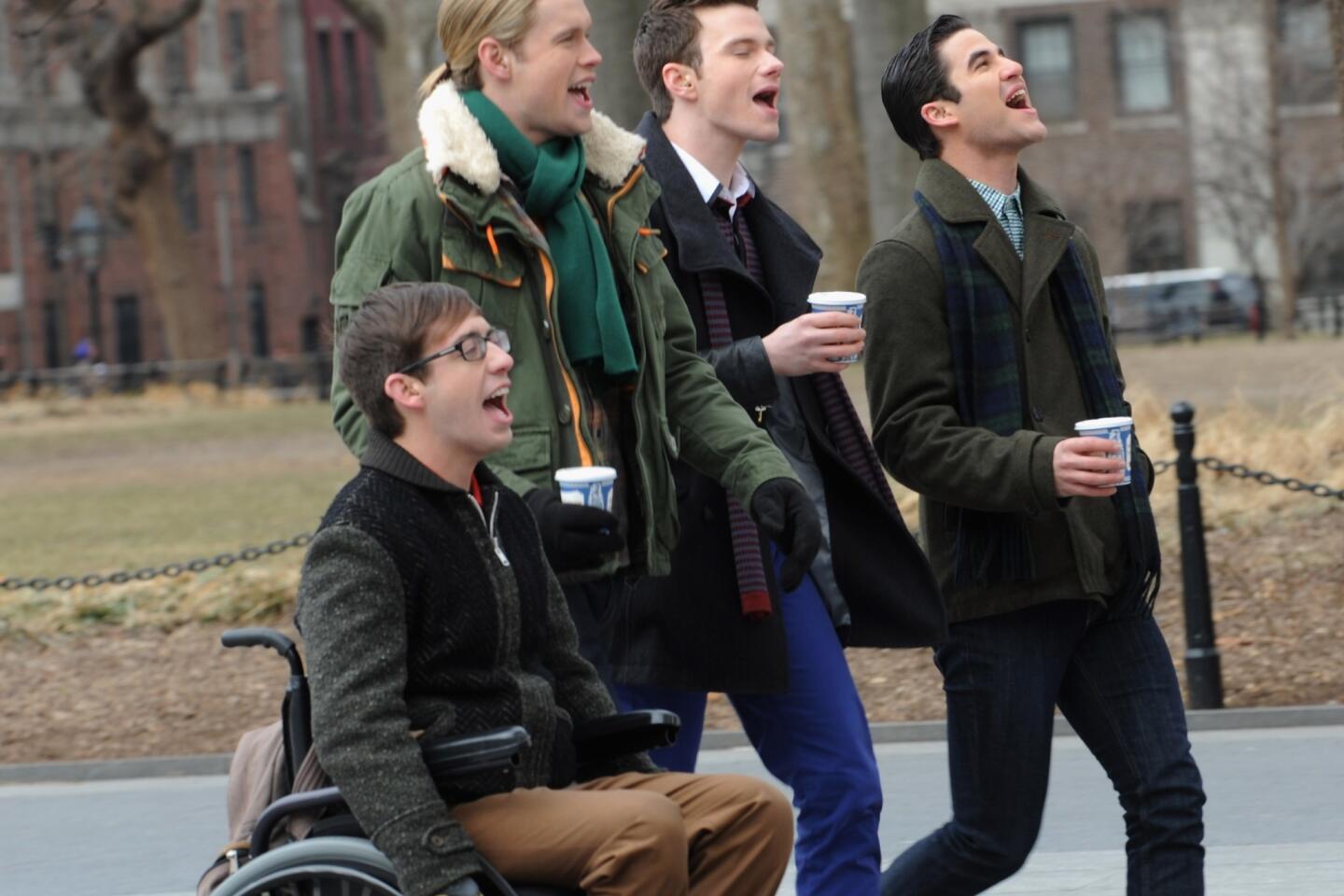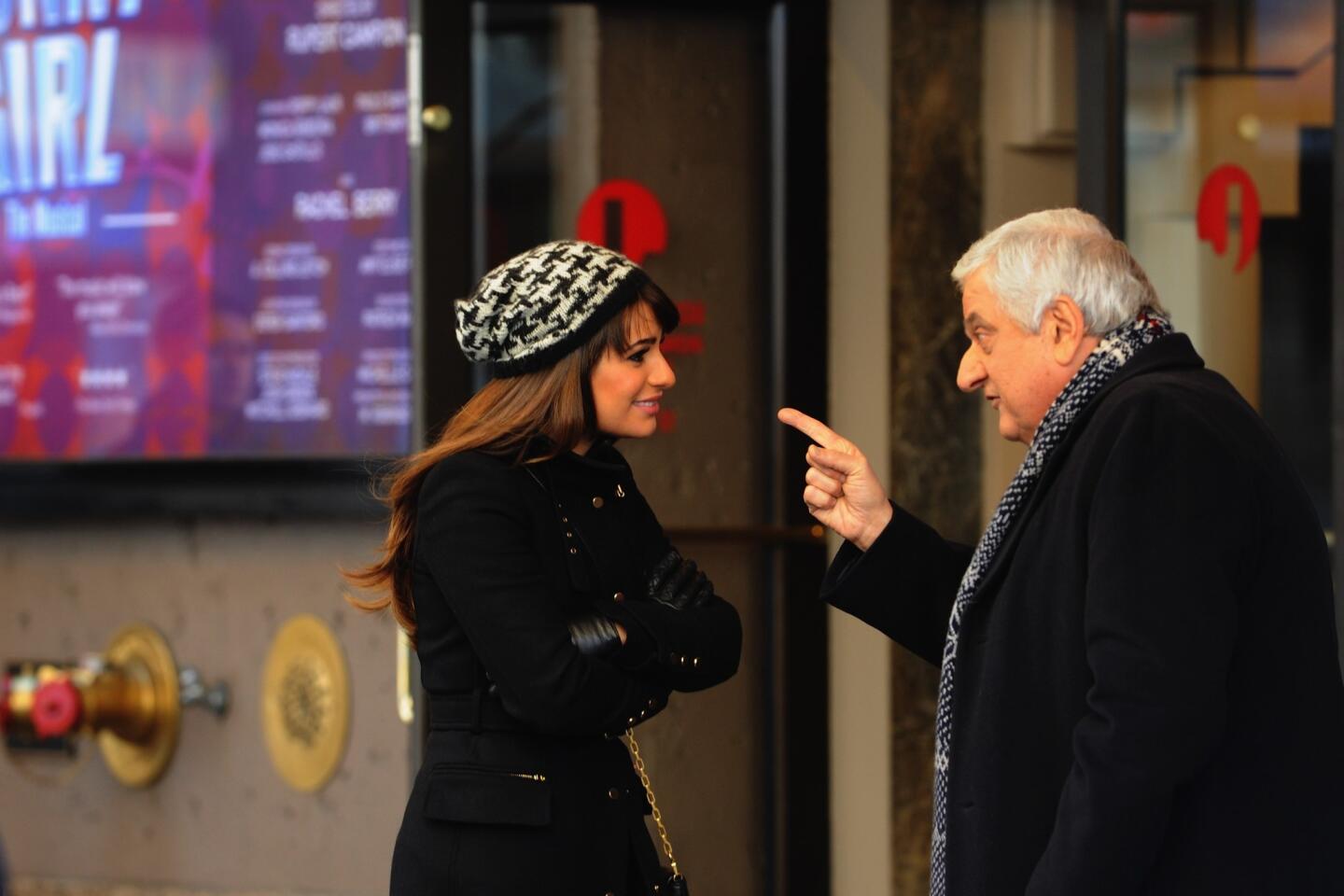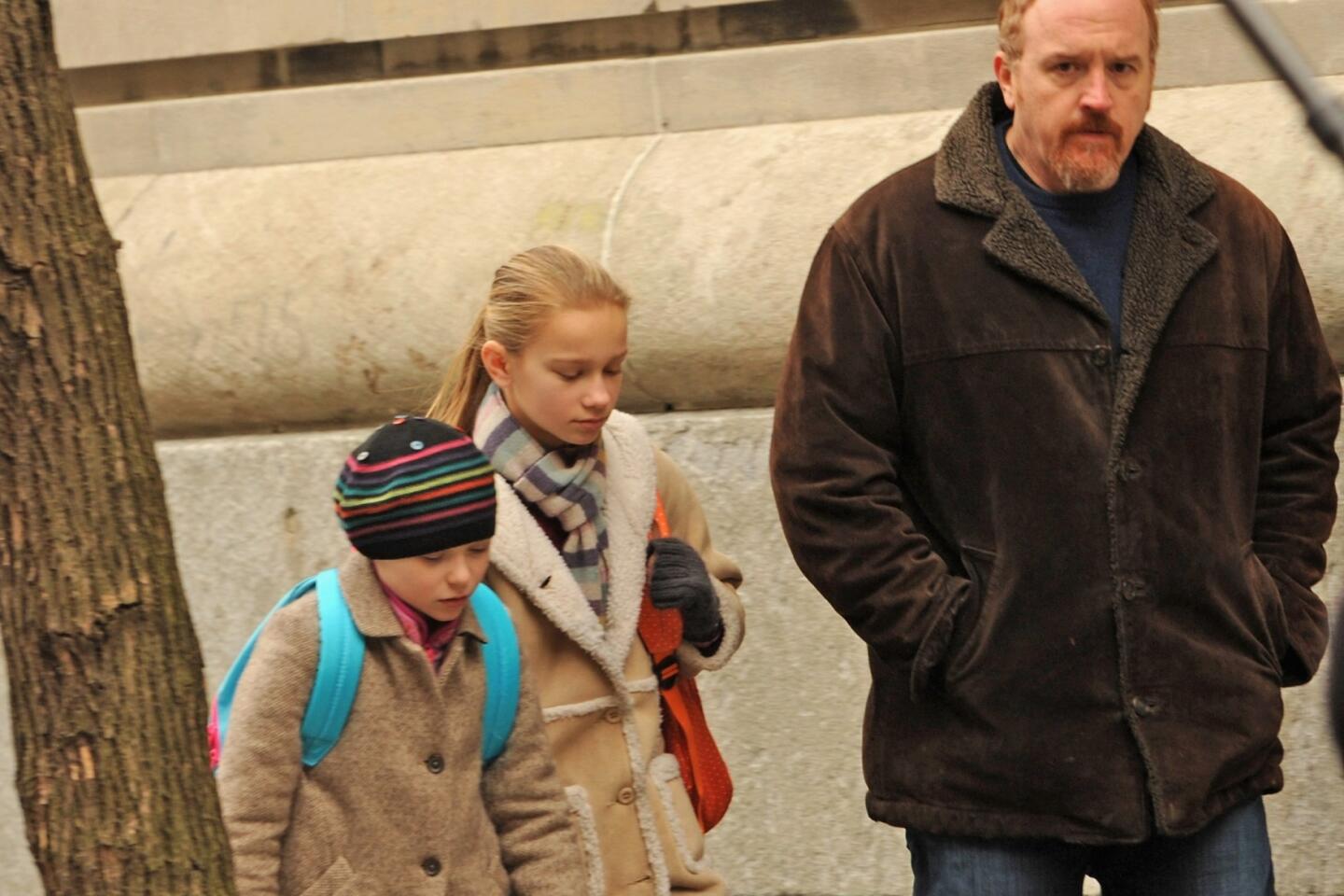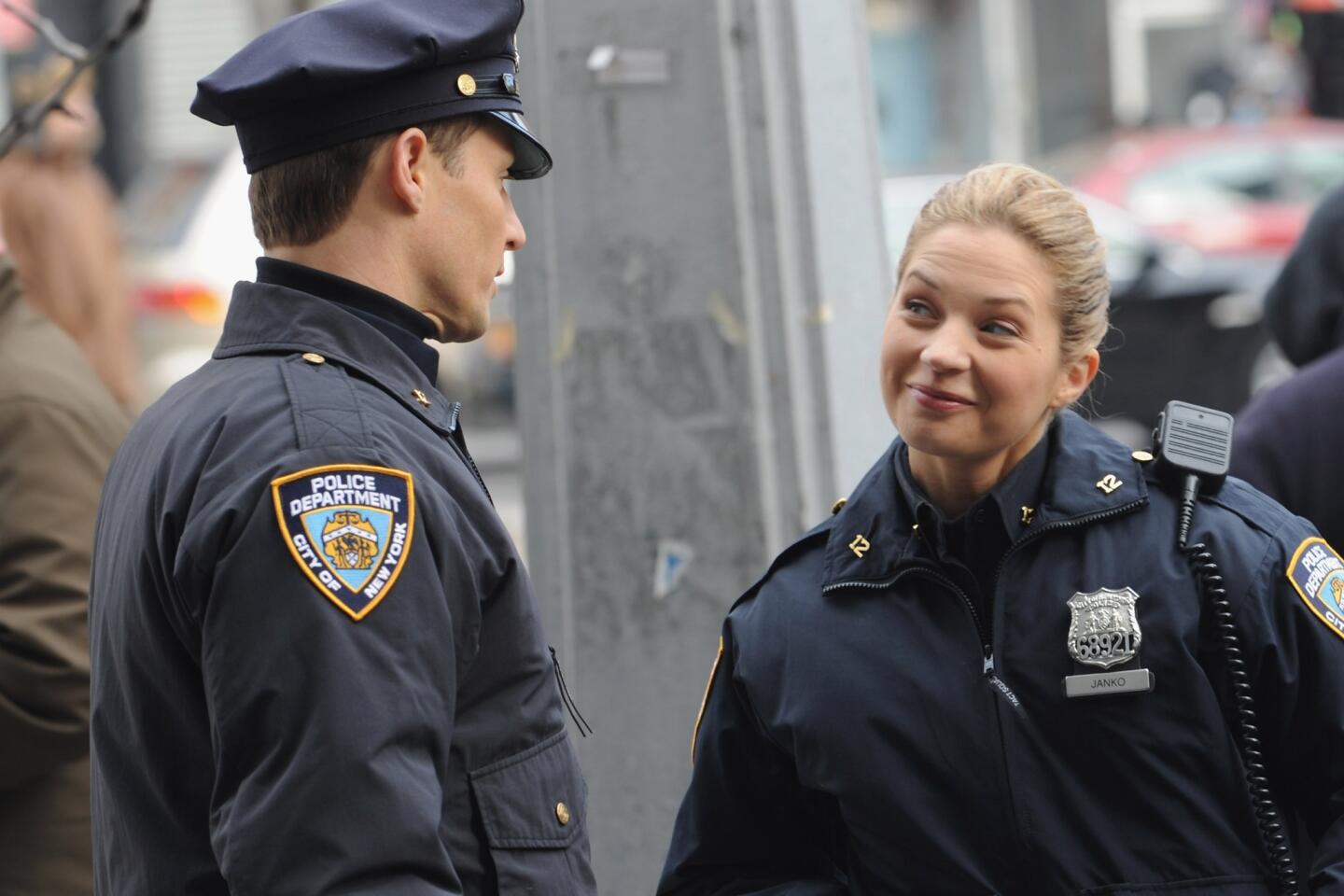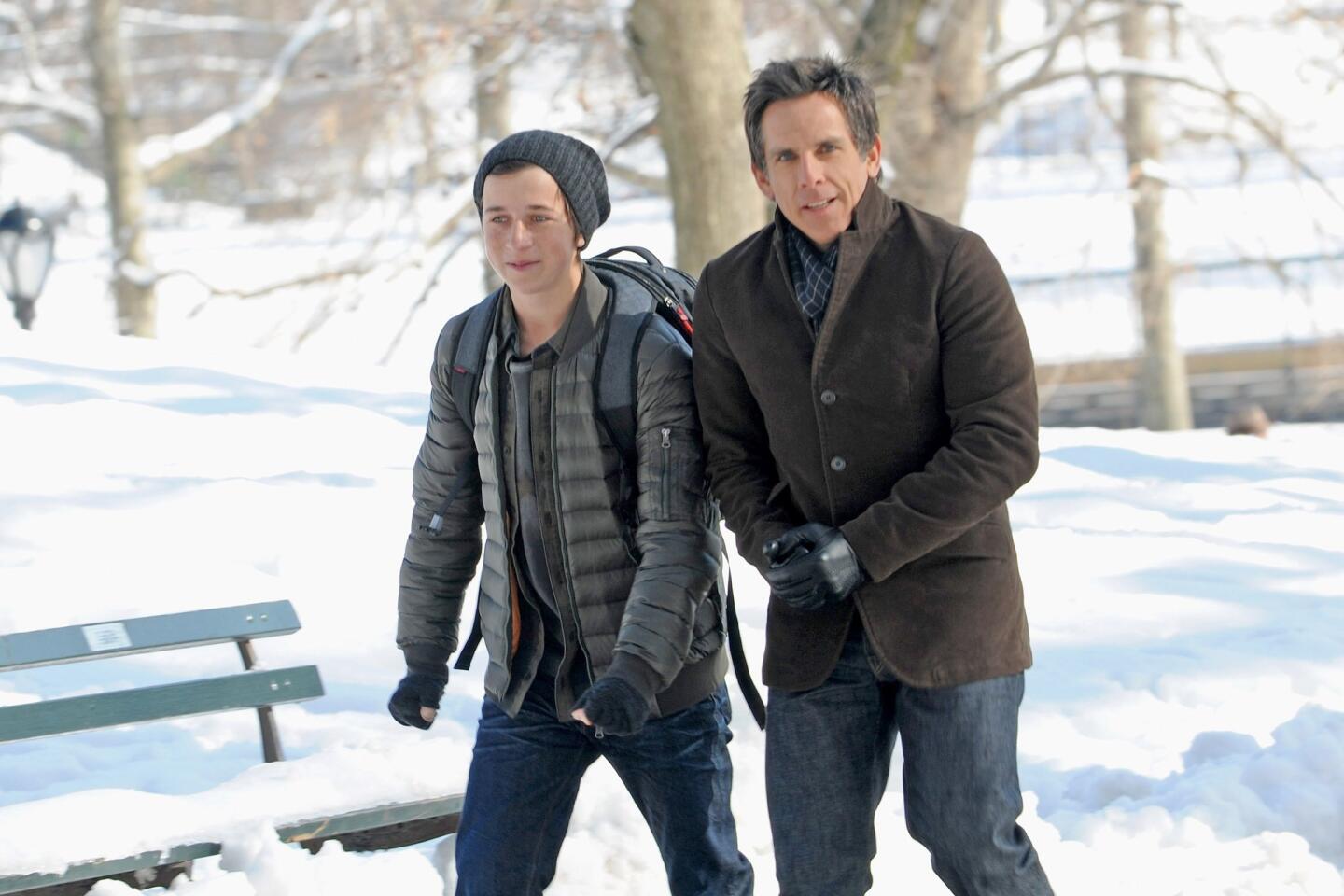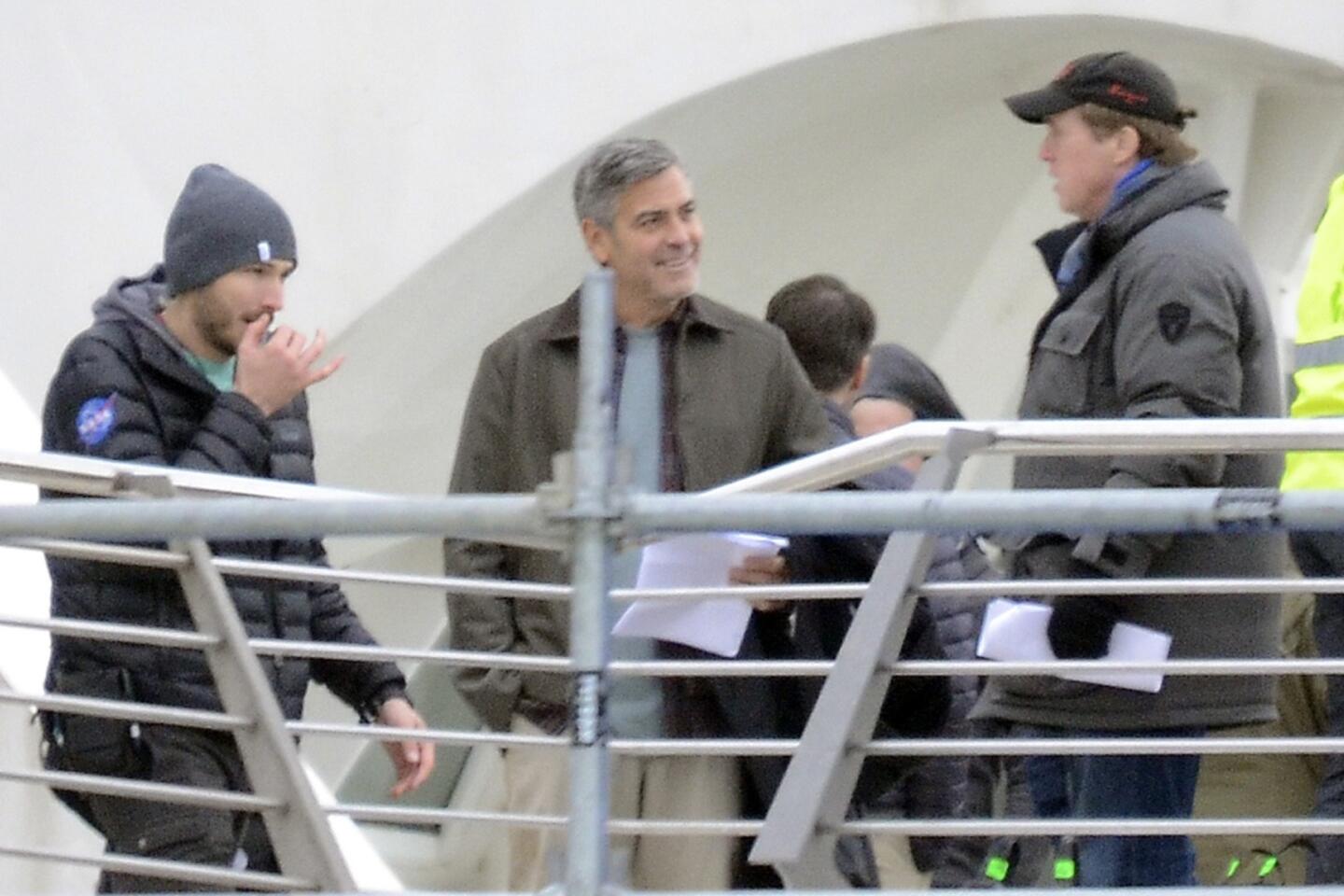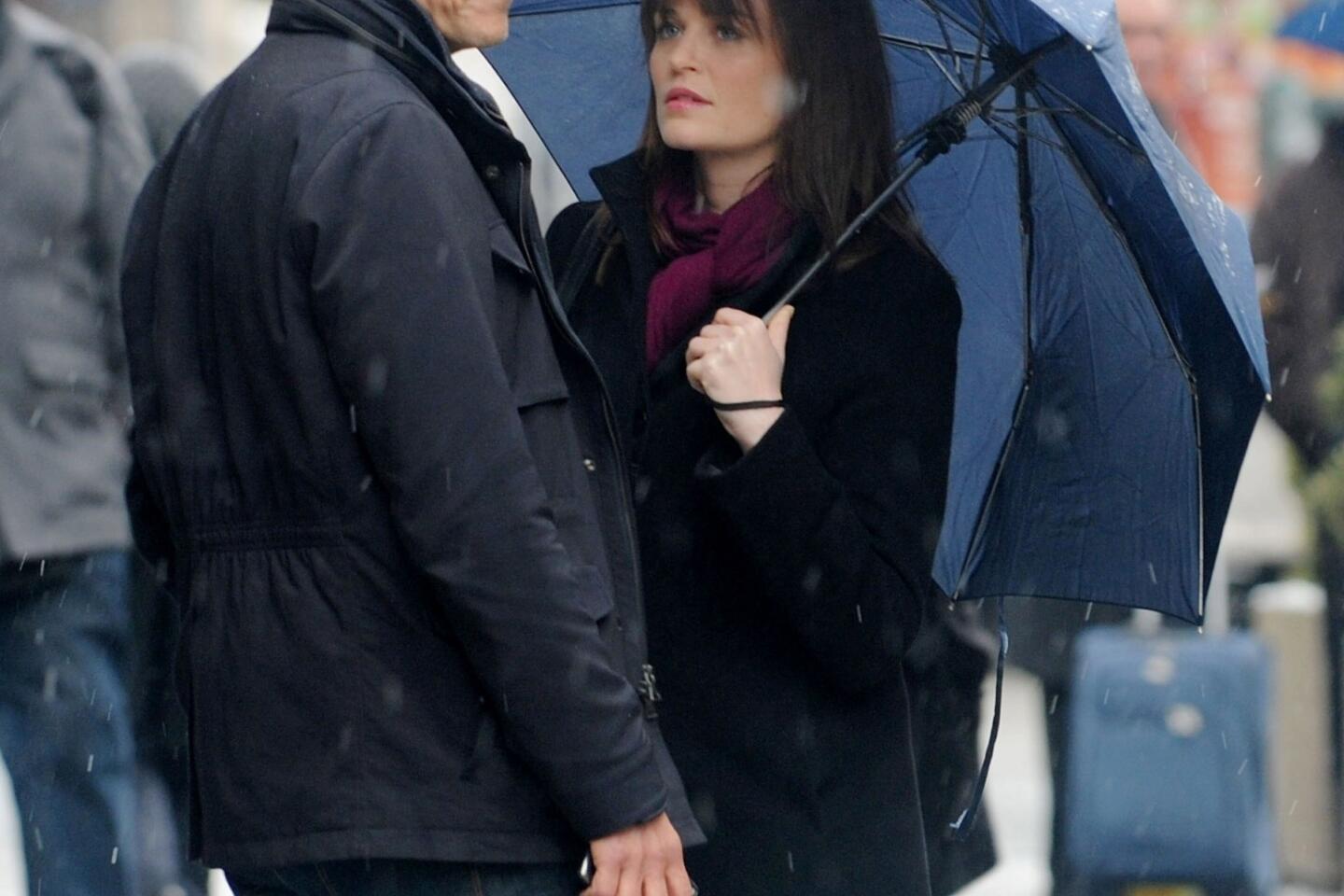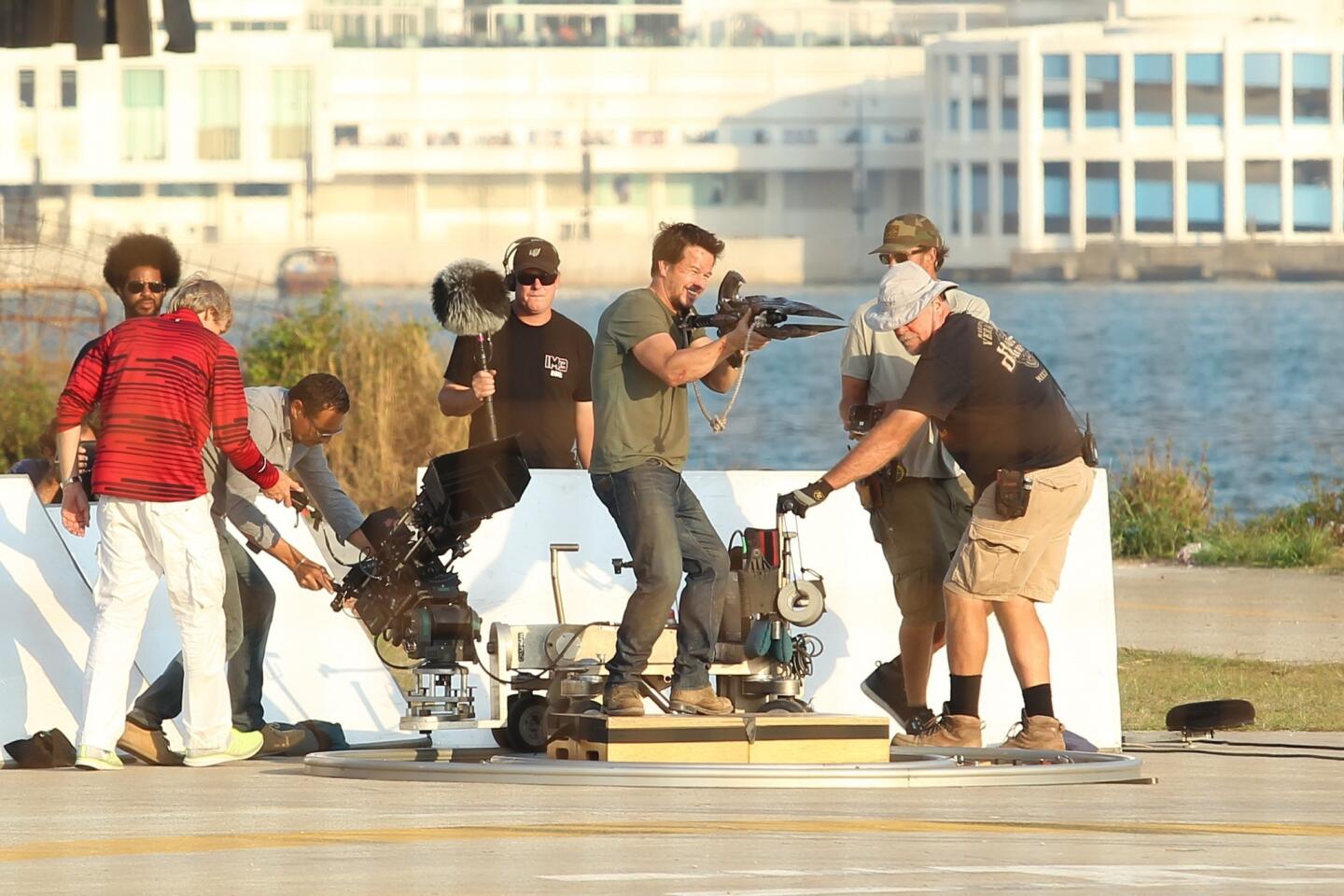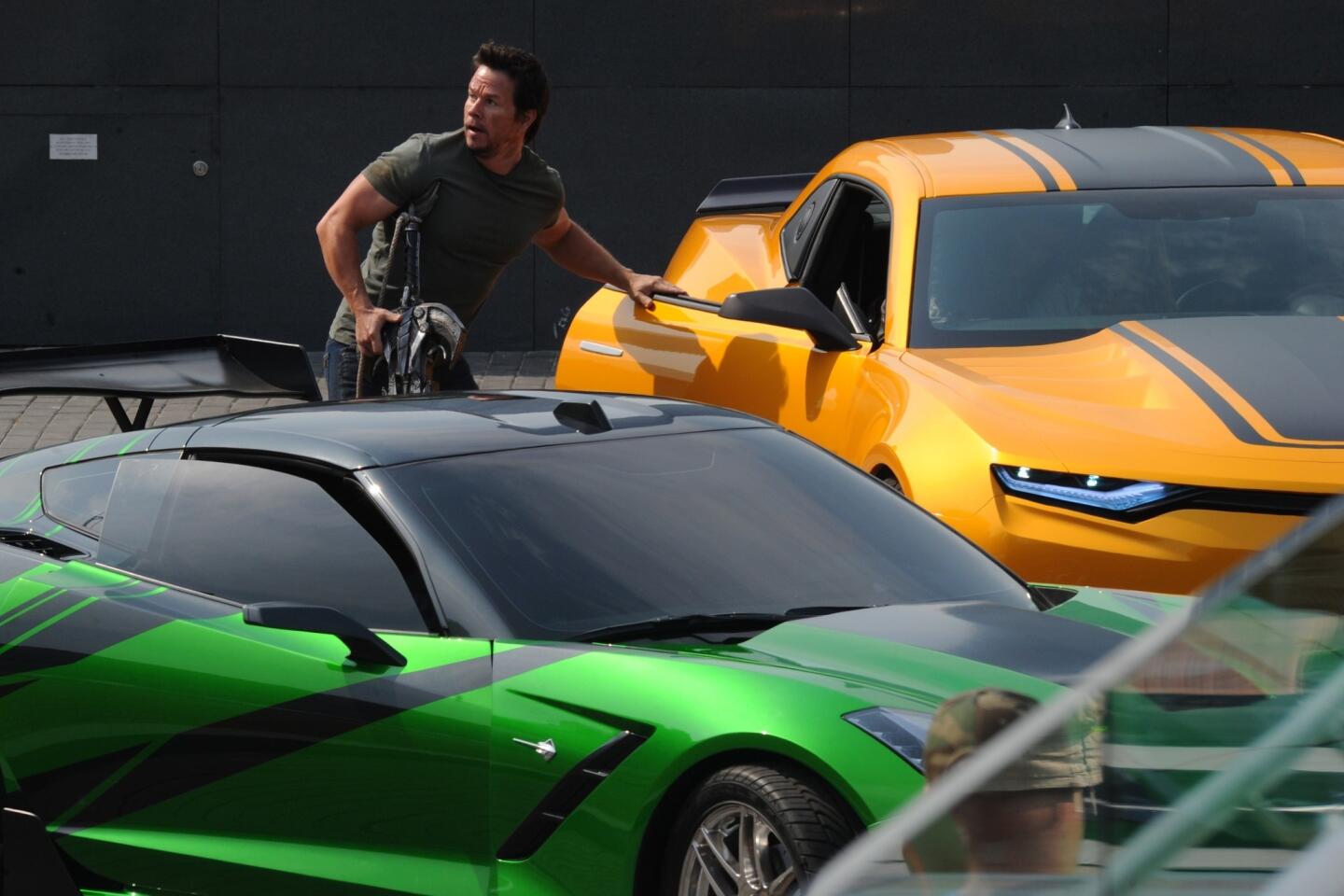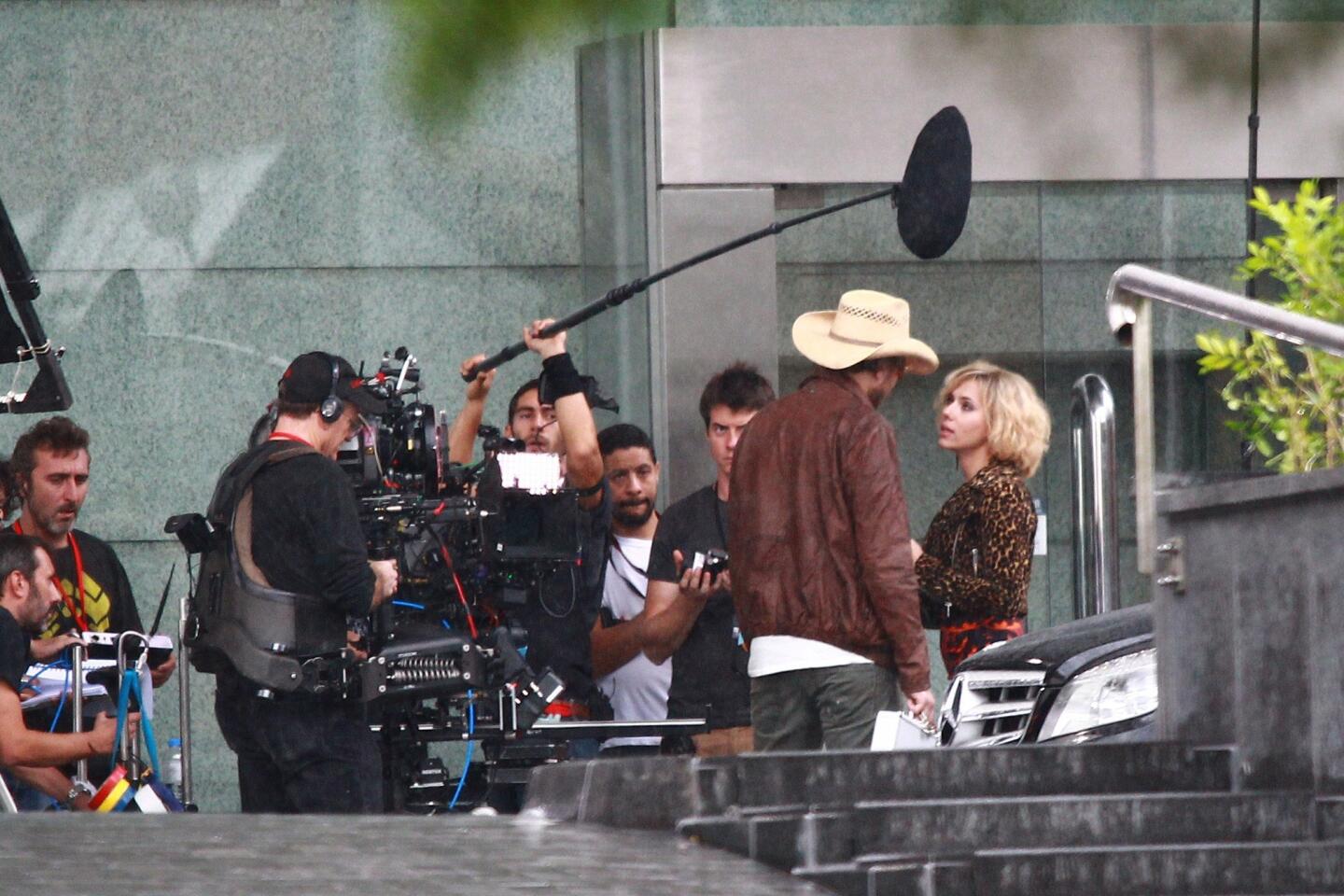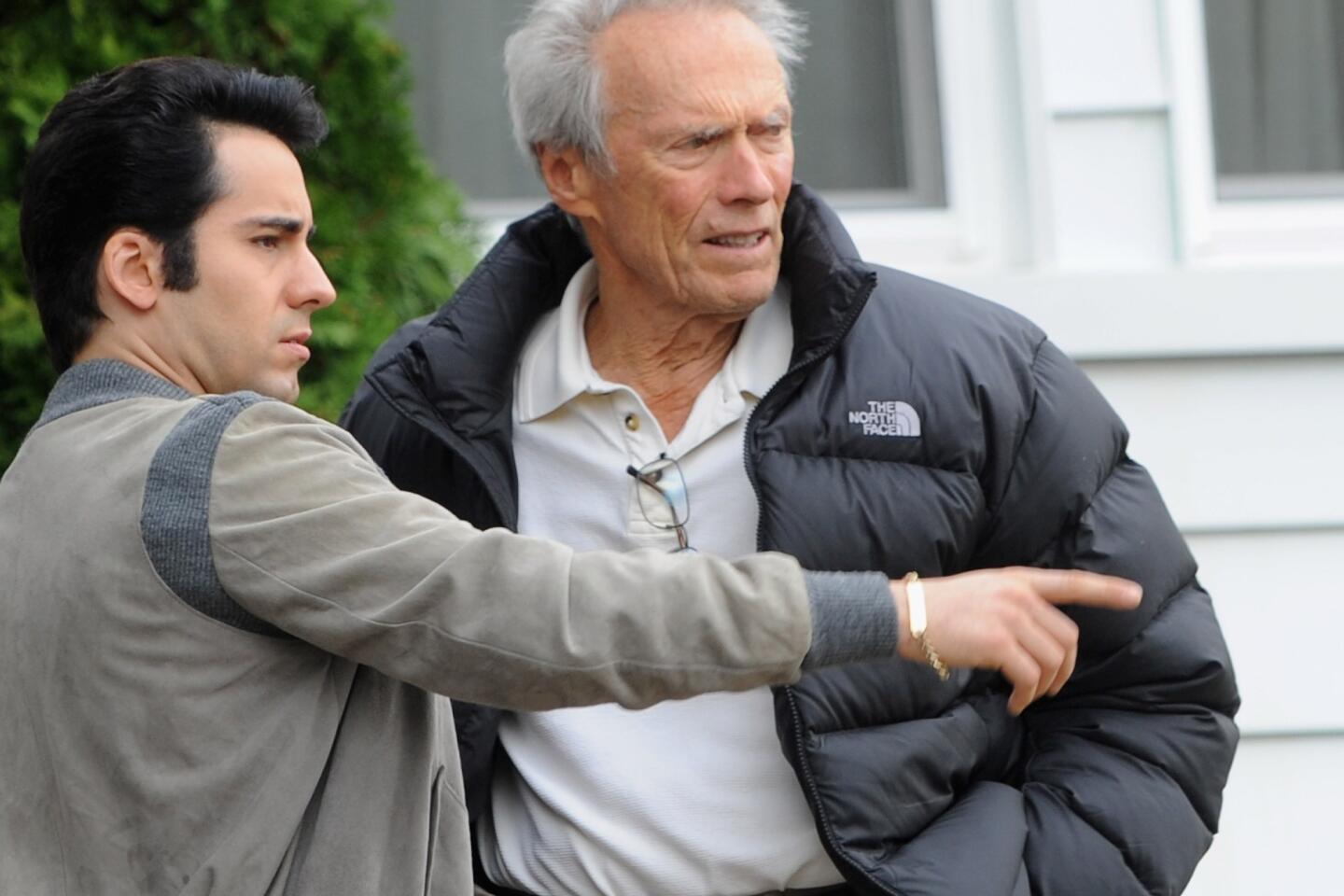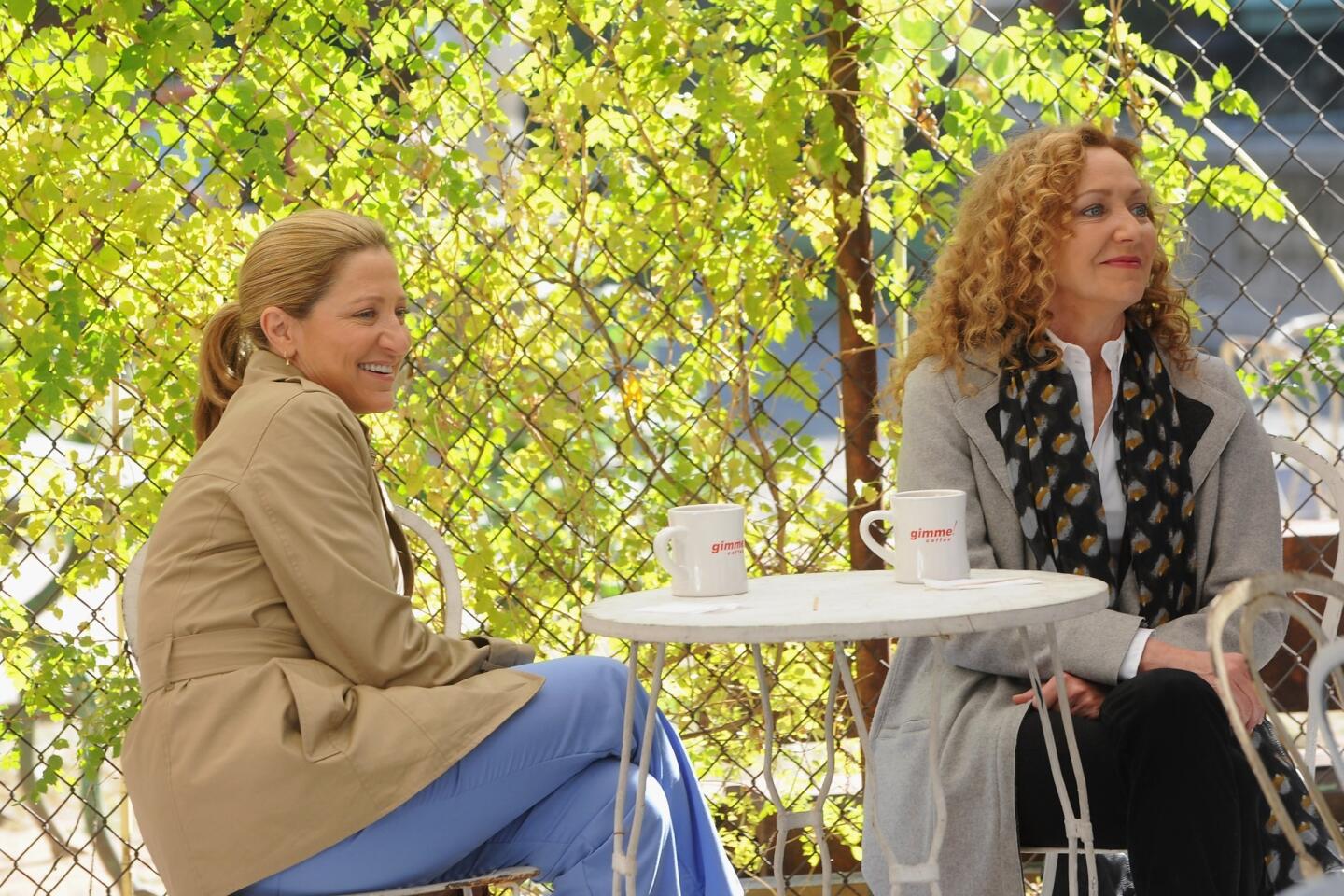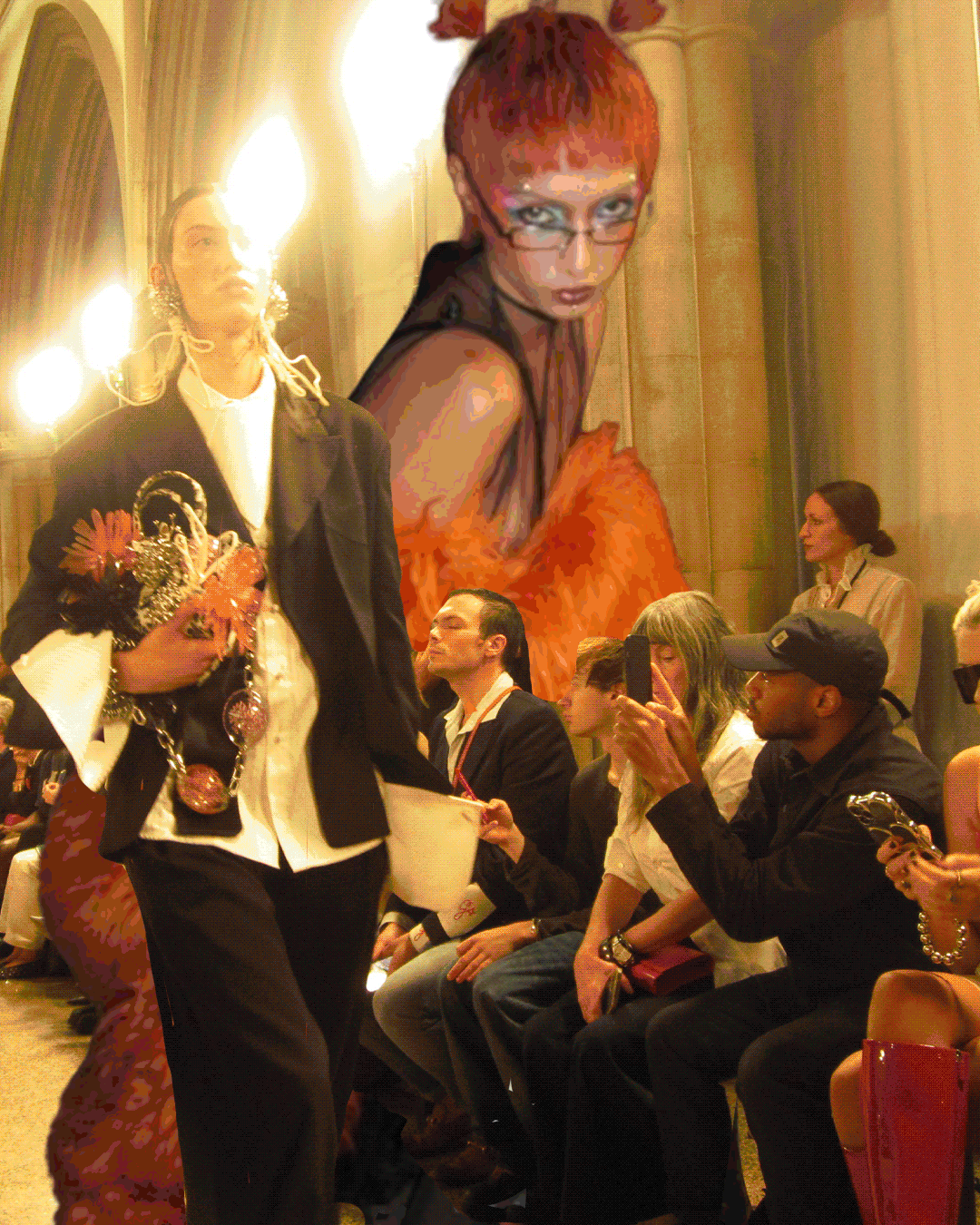Berlin International Film Festival a showcase for everyday film lover
BERLIN — They stood an hour or more in four long lines, inching toward the ticket counters with agonizing slowness. This being Germany, they were orderly and polite. And this being the Berlin International Film Festival, they didn’t mind the wait.
It gave them time to thumb through the program, checking out obscure titles, circling ones that looked promising. A scruffy student searched for movies from the Balkans, while a retired engineer consulted an impressive grid drawn in his notebook of dates and show times, making sure that Lars von Trier’s “Nymphomaniac” (which he wanted to see) didn’t clash with the German ménage-a-trois picture “Beloved Sisters” (his wife’s choice).
Farther back in the queue, Elisabeth Bialluch waited to buy tickets to at least 10 films that had caught her eye, including a documentary from Austria and a feature from Japan. Bialluch, 40, has attended the festival for the last 15 years, joining the countless other Berliners who turn out for one of the biggest events on the German capital’s cultural calendar.
PHOTOS: Actors who’ve been turned down for famous roles
“Everyone can come. It’s a very open atmosphere,” said Bialluch, who enjoys the break the Berlinale offers from her work as a psychologist. “It’s a different world — different problems, different stories. I love it.”
It’s a different world as well from the other top-tier film festivals that jostle for attention on the crowded festival circuit. If Cannes is a showcase for glamour, Sundance a showcase for deal-making, and Venice a showcase for Venice, then Berlin is a showcase for the sheer delight in film by a city full of movie lovers.
The Berlinale, which opened Thursday, is the world’s largest public film festival. Anyone who can afford a ticket is welcome, which means just about everyone, since no ticket costs more than $17.50 and most are a lot less. More than 300,000 were sold last year.
BEST MOVIES OF 2013: Turan | Sharkey | Olsen
That accessibility lends the festival a down-to-earth, democratic flavor that some in the industry say is unique — and refreshing.
From the posters plastered in subway stations with the distinctive Berlinale bear logo to the earnest discussions over plates of bratwurst of the merits of various auteurs, the festival feels woven into the fabric of the city. The 400 or so films are screened in cinemas sprinkled around the capital and sometimes outside it, for casually — and warmly — dressed audiences of local residents rather than bejeweled members of the international jet set.
“Sometimes at the end of a film festival, I get home and realize I could have been anywhere on Earth, seeing movies and doing business,” said producer and screenwriter and former Focus Features Chief James Schamus, this year’s jury president. “After Berlin, I always feel as though I’ve been part of a genuine and vibrant civic and cinematic experiment, one that could only take place there.”
CRITICS’ PICKS: What to watch, where to go, what to eat
That inclusive ethos, of a festival for the people, has been part of the Berlinale’s DNA since it began in 1951. Amid the rubble of the bombed-out city, war-weary Berliners were eager to see this great European capital regain its reputation as a free-spirited, progressive artistic and cultural laboratory.
It was an American officer with the U.S. military authorities, Oscar Martay, who pushed the idea of a film festival and who is considered the father of the Berlinale to this day. The opening-night movie was Alfred Hitchcock’s “Rebecca”; its star, Joan Fontaine, who died two months ago, lighted up the red carpet.
To broaden access, organizers sold tickets at a discount to residents from the Soviet-occupied eastern sector. During the festival’s first few years, the audience chose the prize winners.
VIRTUAL TOUR: Hollywood’s Walk of Fame
These days the Berlinale serves as a prestigious platform for films of all lengths and genres, including highly experimental works. Kathleen McInnis, a publicist from Los Angeles who has come almost every year since 1990, ranks Berlin among the world’s top three festivals.
“I go to Cannes if I have big films with big people and I need a certain kind of market. I go to Venice if I have celebrity. And I go to Berlin if I want to see really serious art-house work,” McInnis said over a cup of coffee in bustling Potsdamer Platz, the festival’s nerve center.
Not that organizers turn away big Hollywood productions. This year’s competition slate includes George Clooney’s “The Monuments Men” and Wes Anderson’s star-strewn, whimsy-laden “The Grand Budapest Hotel,” which opened the festival with its world premiere Thursday night.
The glitz factor has risen in the past few years, driving publicity and attracting big-name sponsors such as carmaker Audi. But that elicits a shrug from many of the festival-goers, film buffs who spend their lunch hour watching a documentary about a French junkyard or who line up for tickets to the latest film by director Richard Linklater because it’s the latest film by director Richard Linklater.
PHOTOS: Box office top 10 of 2013 | Biggest flops of 2013
“They know their stuff. If you have a Q&A afterwards, it’s fascinating to listen because they’re like, ‘Why did you do this? Why did you do that?’” said McInnis. “They’re well-versed in the art of cinema, and they’re not afraid to share their thoughts, which can be really good. Or really terrifying.”
Anna Tihanyi, a photographer visiting from Hungary, dutifully took her place at the end of a long queue of ticket buyers, observing: “It’s surprisingly normal.” On her wish list: Linklater’s daring “Boyhood,” which followed a boy growing up over a 12-year period, a film about photographer Vivian Maier and a Mexican road-trip flick.
“I thought you had to have an invitation to see the movies,” said Tihanyi, 34, unconcerned about the long wait ahead of her. “For me, it’s part of the process. You know — if you really want to go to a concert, you have to stand in line.”
Around her stood young couples, older women wreathed in scarves, men in overcoats and berets, groups of giggling friends.
Wolf Sabel, the retired engineer, put away his carefully laid-out grid and stepped forward a pace, finally within striking distance of the counter.
“It’s a nice atmosphere. People are very patient,” said Sabel, 58, to an approving nod from his wife, Astrid. “We have a lot of special things in Berlin. This is one of them.”
More to Read
Only good movies
Get the Indie Focus newsletter, Mark Olsen's weekly guide to the world of cinema.
You may occasionally receive promotional content from the Los Angeles Times.
